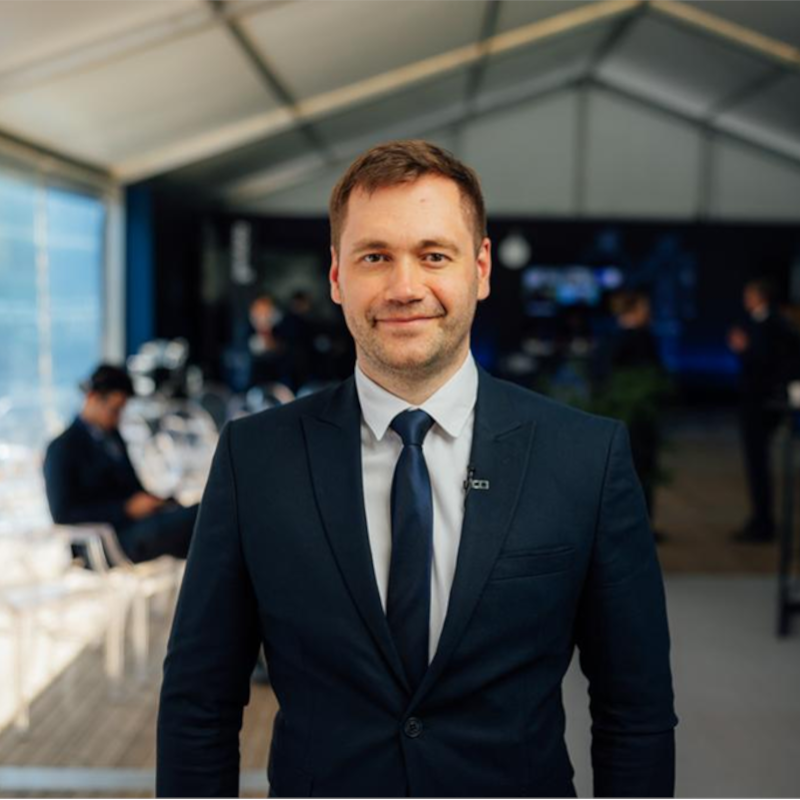 Dr. Gundars Bergmanis-KorātsPrincipal ScientistNATO StratCom COE
Dr. Gundars Bergmanis-KorātsPrincipal ScientistNATO StratCom COEProfile
Dr. Gundars Bergmanis-Korāts is the Principal Scientist at the NATO Strategic Communications Centre of Excellence (StratCom COE) in Riga, Latvia. He holds a PhD in signal and image processing from the University of Lorraine, France, which supports his expertise in artificial intelligence (AI) and data analysis.
At StratCom COE, he leads projects on AI in strategic communications, focusing on both the opportunities and risks of new technologies. His research mainly deals with countering digital disinformation, including building AI-based tools to track malicious information campaigns and adapting these solutions for smaller European languages. He also studies the impact of generative AI, such as large language models, on the information environment.
His earlier work explored data brokerage security and the influence of social media platforms. Alongside research, he oversees training courses such as Online and Social Media Analytics and AI for Communicators, ensuring NATO and its partners keep pace with fast-changing technologies.
Dr. Bergmanis-Korāts has co-authored several studies on AI and information operations and regularly presents findings at international conferences. He also shares his expertise in media appearances, including podcasts on AI’s role in modern information warfare. Mr. Christopher Michael SpiritoNuclear Cyber Security ConsultantDepartment of Energy, Idaho National Laboratory
Mr. Christopher Michael SpiritoNuclear Cyber Security ConsultantDepartment of Energy, Idaho National LaboratoryProfile
Chris Spirito is a Nuclear Cyber Security Consultant at the U.S. Department of Energy’s Idaho National Laboratory (INL). He serves as the Cyber Lead for Analytics and Innovation within the International Nuclear Security program at DoE/NNSA, overseeing cyber capacity-building efforts in Ukraine, Korea, Jordan, Germany, Slovenia, Slovakia, and Switzerland. He is also a Visiting Professor in the Faculty of Law at the University of Tartu, Estonia.
A lifelong educator and prolific coder, Chris conducts specialized training courses through U.S. Government capacity-building programs focused on risk reduction. Recent courses include the application of data science for insider threat protection and cyber test and evaluation of hardware in support of supply chain risk management. His hands-on expertise in low-level systems exploitation informs his teaching, bridging the gap between theoretical vulnerabilities and practical defensive strategies.
Before joining INL, Chris was the International Cyber Lead at The MITRE Corporation. He also serves as a board member at WiRED International, an NGO dedicated to delivering health education globally, where he led the development of HealthMap, a mobile program that enables users to download comprehensive medical libraries to underserved communities—a project that showcased his ability to merge coding expertise with humanitarian impact.
Chris holds a BA in Mathematics from Boston College and pursued graduate studies in Mathematics and Cyber Security at Worcester Polytechnic Institute and Biostatistics at the Harvard School of Public Health. His unique combination of mathematical foundations, low-level hacking skills, and public health expertise positions him at the forefront of addressing complex security challenges in critical infrastructure sectors. Dr./LTC Jason BrownAssistant ProfessorArmy Cyber Institute
Dr./LTC Jason BrownAssistant ProfessorArmy Cyber InstituteProfile
Dr. LTC. Jason C. Brown is a research scientist and assistant professor at the Army Cyber Institute at West Point. He teaches risk management, organizational security, and systems-based decision making. As a futurist, he studies emerging threats, technological and social trends, and responses to those threats. He also leads a research team investigating cyber law, policy, and strategy issues on behalf of Army and other defense stakeholders. Dr. LTC. Brown has worked within the intelligence, information operations, and cyber career fields. He has authored technical reports on the future of extremism, information warfare, cyber enabled financial crimes, microtargeting, and Chinese soft power.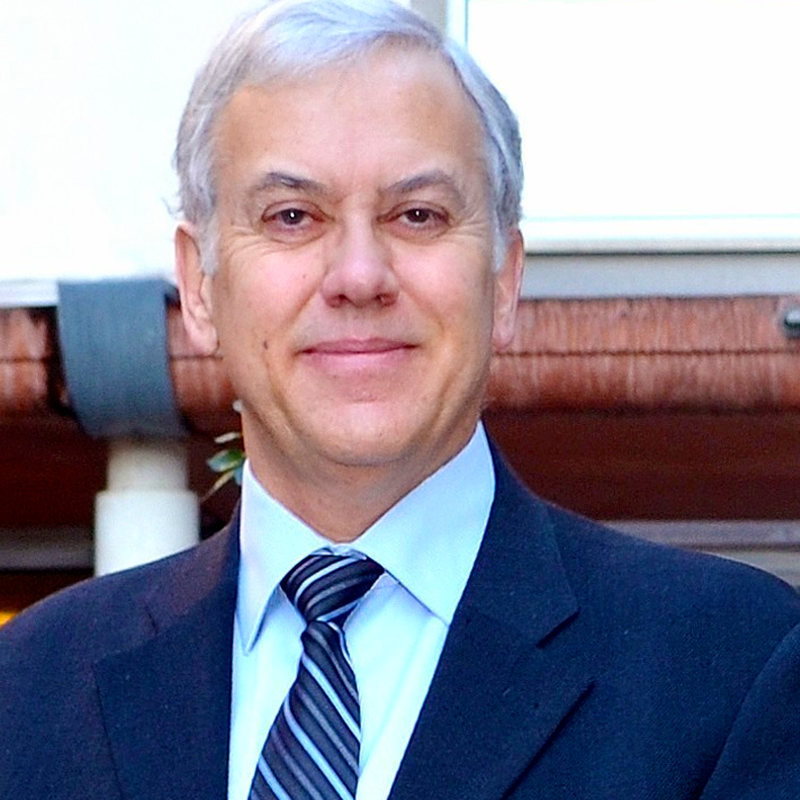 Dr. Didier DanetAssociate ResearcherGEODE Center, Paris 8 University
Dr. Didier DanetAssociate ResearcherGEODE Center, Paris 8 UniversityProfile
Didier Danet is currently an Associate Researcher at the GEODE Center (Geopolitics of the Datasphere) at Paris 8 University. GEODE is one of only two university research centers to have been awarded the “”Center of Excellence”” designation, jointly granted by the French Ministry of Higher Education and the Ministry of the Armed Forces.
He holds a PhD in Management from the University of Rennes. He previously served as Associate Professor at the Saint-Cyr Coëtquidan Military Academy, where he taught public management and led a multidisciplinary research team on the transformations of contemporary conflict. This team carried out multi-year research programs on irregular warfare, lethal autonomous weapons systems, and conflict in the digital domain.
He was also the Director of the Specialized Master’s program Cyber Defense and Crisis Management, designed for military officers as well as senior civil servants and professionals from critical infrastructure sectors.
Didier Danet is the author of numerous academic publications, including books, book chapters, and journal articles. Most recently, he co-edited a volume on hybrid warfare (Rennes University Press , 2025). Ms. Marlen ReinSubject Matter ExpertResearch and Lessons Learned Division, NATO Energy Security Centre of Excellence
Ms. Marlen ReinSubject Matter ExpertResearch and Lessons Learned Division, NATO Energy Security Centre of ExcellenceProfile
Marlen Rein is a diplomat with the Ministry of Foreign Affairs of Estonia, currently serving as the Estonian Subject Matter Expert at the NATO Energy Security Centre of Excellence (ENSEC COE), where she focuses on the linkage between energy security and cyber security, among other topics. Prior to joining the ENSEC COE, she was posted to the Embassy of Estonia in Madrid, dealing with bilateral political and economic relations. She also worked at the Permanent Representation of Estonia to the European Union, where she handled development cooperation and negotiations over the budget for EU external action, in addition to holding several positions at the Ministry. Before beginning her diplomatic career, she worked as a free-lance journalist for an Estonian daily newspaper. Ms Rein received her MA in East Asian Economy and Society from the University of Vienna in Austria.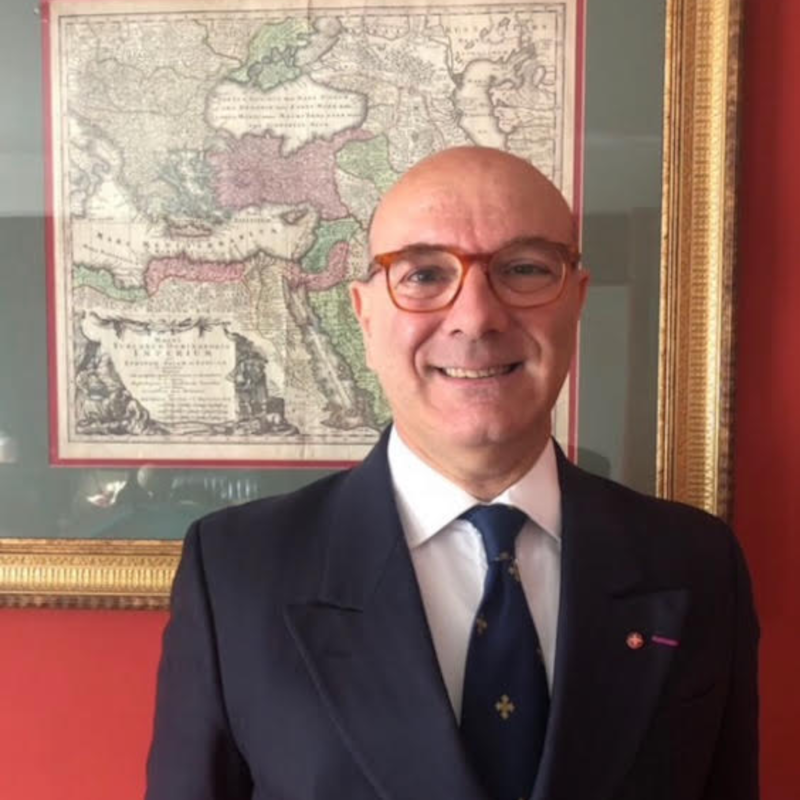 DRs. Ing. Bernard SimanSenior Associate Fellow and Head of Expertise GroupEgmont Royal Institute of International Relations (associated with the Belgian Foreign Ministry) and Vrije Universiteit Brussel
DRs. Ing. Bernard SimanSenior Associate Fellow and Head of Expertise GroupEgmont Royal Institute of International Relations (associated with the Belgian Foreign Ministry) and Vrije Universiteit BrusselProfile
Bernard Siman is a Senior Associate Fellow in charge of Hybrid Warfare and Cyber Threats at Egmont- The Royal Institute for International Relations in Belgium. Egmont is the Think Tanks associated with the Belgian Foreign Ministry. He is also Head of Cyber Diplomacy and Statecraft at the Brussels Diplomatic Academy of the Vrije Universiteit Brussel (VUB). He regularly lectures at the Royal Military Academy in Belgium and at the European Security and Defence College (ESDC), the Common Security and Defence training institution of the European Union. His focus has included Cognitive threats, Dis-Mis-Mal Infornation, Geopolitical consequences of disruptive technologies, as well as Hybrid Threats in the influence area. In the area of Cyber and disruptive technologies, his focus has included how statecraft is exercised in the absence of binding international treaties for disruptive technologies. His experinece spans the academic, private and public sectors, as well as a career in finance. He is a graduate of the Catholic University of Leuven (KU Leuven), and has graduate degrees from Oxford Brooks University (UK), the London School of Economics and Political Science, and Kyoto University in Japan.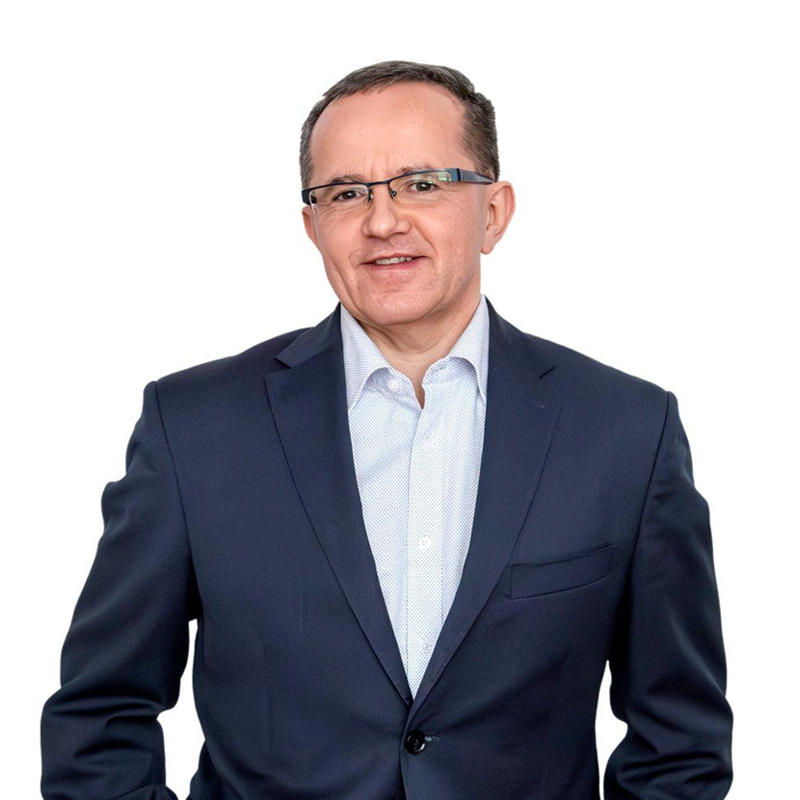 Mr. Paweł DziubaDirector of Cybersecurity DepartmentMinistry of National Defence of the Republic of Poland
Mr. Paweł DziubaDirector of Cybersecurity DepartmentMinistry of National Defence of the Republic of PolandProfile
Mr. Paweł Dziuba graduated from the Department of Cybernetics at the Military University of Technology, where he also earned an MBA in Cybersecurity, and from the Warsaw School of Economics with a degree in Cybersecurity Management. His expertise in IT, management, and ICT security has been developed through numerous specialized courses. Since November 2024, he has been serving as the Director of the Cybersecurity Department at the Ministry of National Defense.
Mr. Paweł Dziuba began his career in advanced information technology within military institutions, where he earned recognition as a leader in cryptology and cybersecurity projects. He has held significant roles, including Advisor at the Office of the Permanent Representative of Poland to NATO, Director of the Inspectorate of Information Technology, Deputy Director of the National Cryptology Center, Deputy Director of the National Cybersecurity Center, and Director of the Cybersecurity Training Center of Excellence.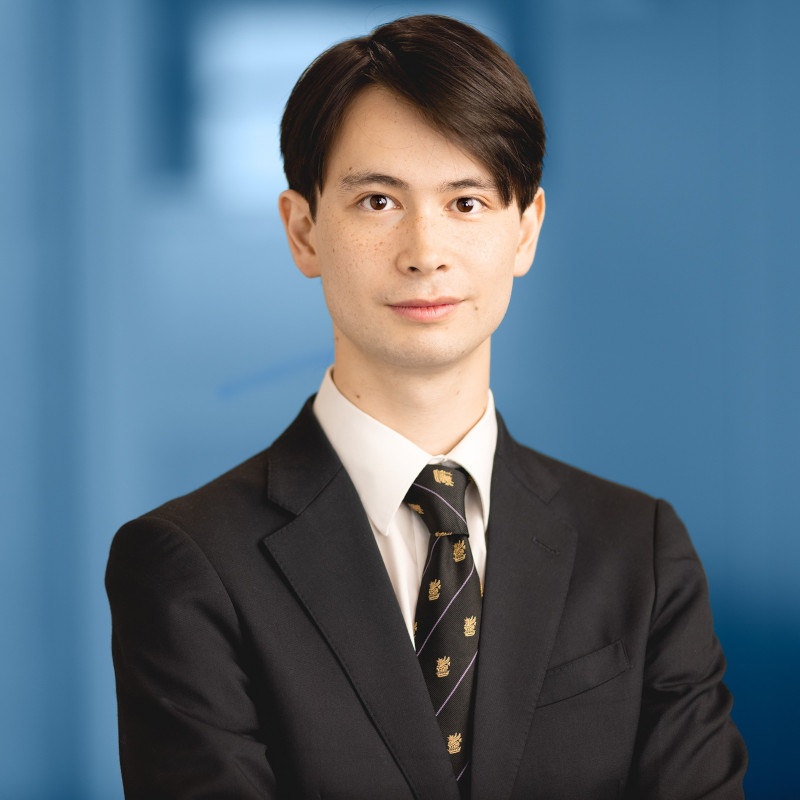 Mr. Jiro MinierLead, Threat Intelligence Research & AnalysisDeutsche Cyber-Sicherheitsorganisation (DCSO)
Mr. Jiro MinierLead, Threat Intelligence Research & AnalysisDeutsche Cyber-Sicherheitsorganisation (DCSO)Profile
Mr.Jiro Minier leads the Threat Intelligence Research & Analysis team at the Deutsche Cyber-Sicherheitsorganisation (DCSO), a Berlin-based cybersecurity competence center, with a personal research focus on China-nexus cyberespionage activity.
His actively involved in the cybersecurity and technology policy debate, including as a NextGen Fellow at the NATO Defense College and as a member of the 2025 cohort of the German Marshall Fund’s Young Strategists Forum.
He has held prior fellowships with Virtual Routes and the Centre for International Security at the Hertie School in Berlin, and was a participant in the German Council on Foreign Relations’ Action Group Zeitenwende.
He holds a BSc in International Relations from the London School of Economics and Political Science and an MPhil in International Relations and Politics from the University of Cambridge.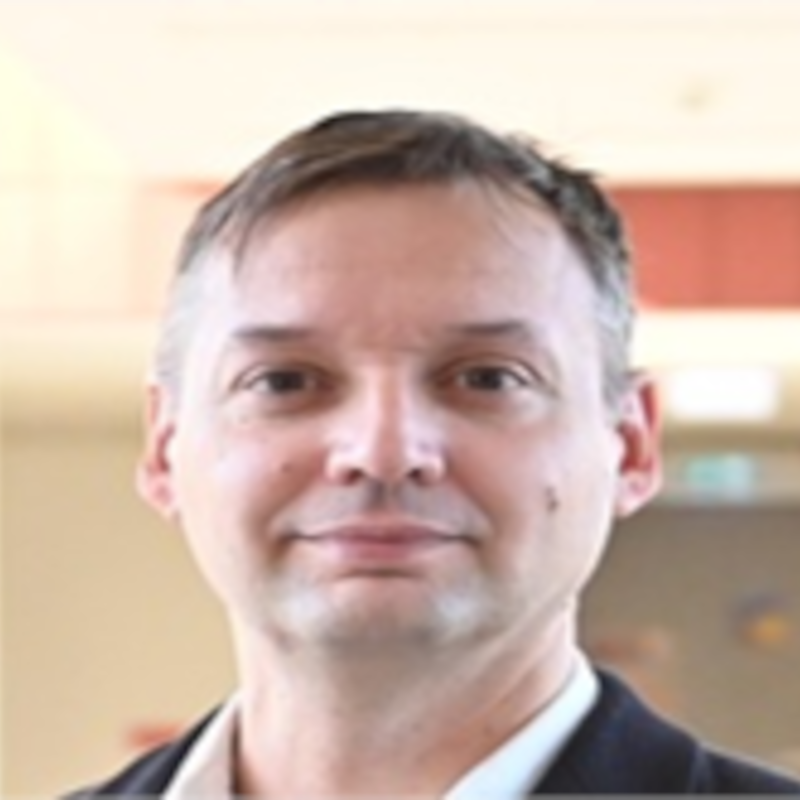 Dr. Csaba KrasznayAssociate ProfessorLudovika University of Public Service
Dr. Csaba KrasznayAssociate ProfessorLudovika University of Public ServiceProfile
Dr. Csaba Krasznay is an associate professor at the Ludovika University of Public Service, his research topic is cybersecurity. He is the former Head of the Institute Cybersecurity at the university. He is also responsible for the master’s degree program in cybersecurity . He is a regular guest lecturer at various local universities and research fellow at Tallinn University of Technology. He graduated from the Faculty of Electrical Engineering and Informatics of the Budapest University of Technology and Economics in 2003 with a degree in electrical engineering and received his PhD from the Ludovika University of Public Service in 2012 in military technology sciences. In 2011, was voted to the “Security Expert of the Year”, in 2025, to the “Information Security Content Producer of the Year”. He is a board member of The Magyary E-Public Administration Association and the Voluntary Cyber Defense Association, former board member of ISACA Hungary and the Hungarian Electronic Signature Association. He is also a member of the Hungarian Military Science Society and the Scientific Association for Infocommunications. In addition to his higher education activities, he also works continuously for the private sector. He was one of the founders of the cybersecurity startup incubator OXO Cybersecurity Lab. He is a regular speaker at domestic and international conferences, as well as one of the most employed media experts in cybersecurity in Hungary. As his volunteer work, he supports the International Children’s Safety Service and holds classes for children and parents on secure use of the Internet in primary and secondary schools.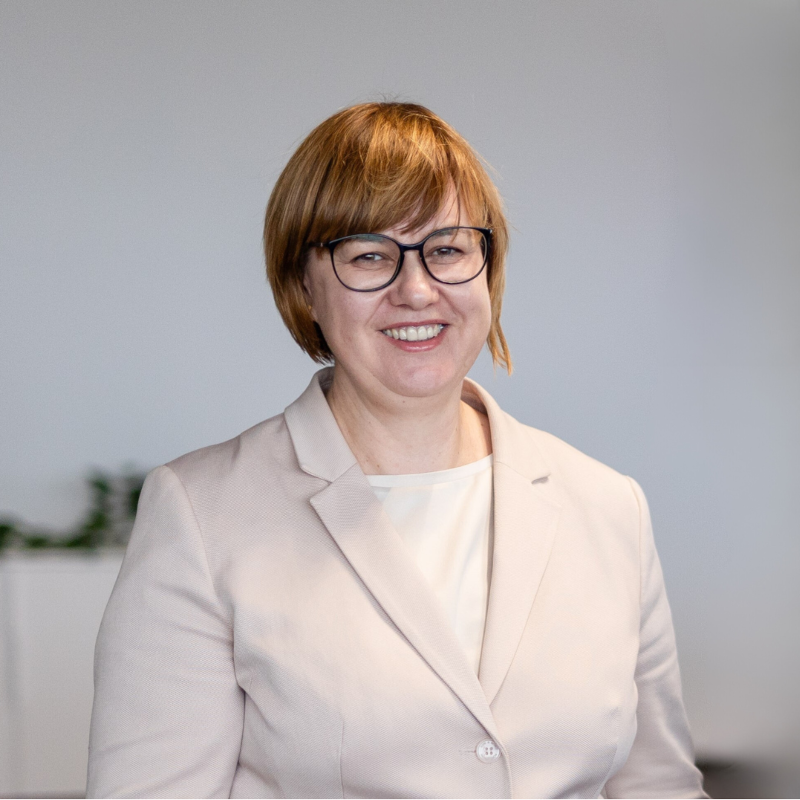 Mrs. Inga ŽukauskienėDirector of Cyber Threat Management DepartmentNational Cyber Security Centre of Lithuania
Mrs. Inga ŽukauskienėDirector of Cyber Threat Management DepartmentNational Cyber Security Centre of LithuaniaProfile
Mrs. Inga Žukauskienė is the Director of Cyber Threat Management Department at National Cyber Security Centre of Lithuania. She was also appointed as Director of the Regional Cyber Defence Centre at the National Cyber Security Centre on June 2023. Prior to this, she worked as a cybersecurity manager in business sector and had about 20 years of experience in international relations and cybersecurity policy with history of working at Ministry of National Defence and Ministry of Foreign Affairs. She holds MA Degree in Cybersecurity Management at Mykolas Riomeris University in Vilnius and MA in international relations at Vilnius University Institute of International Relations and Political Science. She supports diversity, inclusion and attraction of talents in cybersecurity and she is one of the founders and former leader of the Women4Cyber Lithuania community.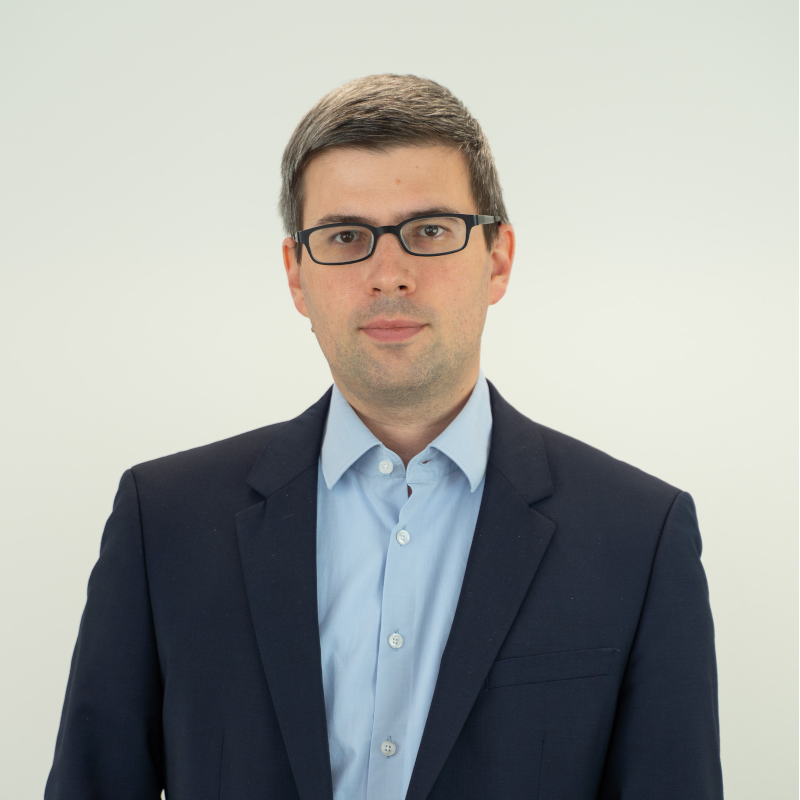 Mr. David Song-PehambergerDeputy Director, Strategy & DefenseEuropean Centre of Excellence for Countering Hybrid Threats (Hybrid CoE)
Mr. David Song-PehambergerDeputy Director, Strategy & DefenseEuropean Centre of Excellence for Countering Hybrid Threats (Hybrid CoE)Profile
· Current:
Deputy Director of the Community of Interest for Strategy & Defense at the European Centre of Excellence for Countering Hybrid Threats (Hybrid CoE). Specializing in Cyber and Emerging Technologies in the context of Hybrid Threats.· Previously:
Policy Advisor at the Austrian Ministry of Defense, responsible for Defense Policy & Strategy in Cyber Defense, Artificial Intelligence, and Emerging Technologies.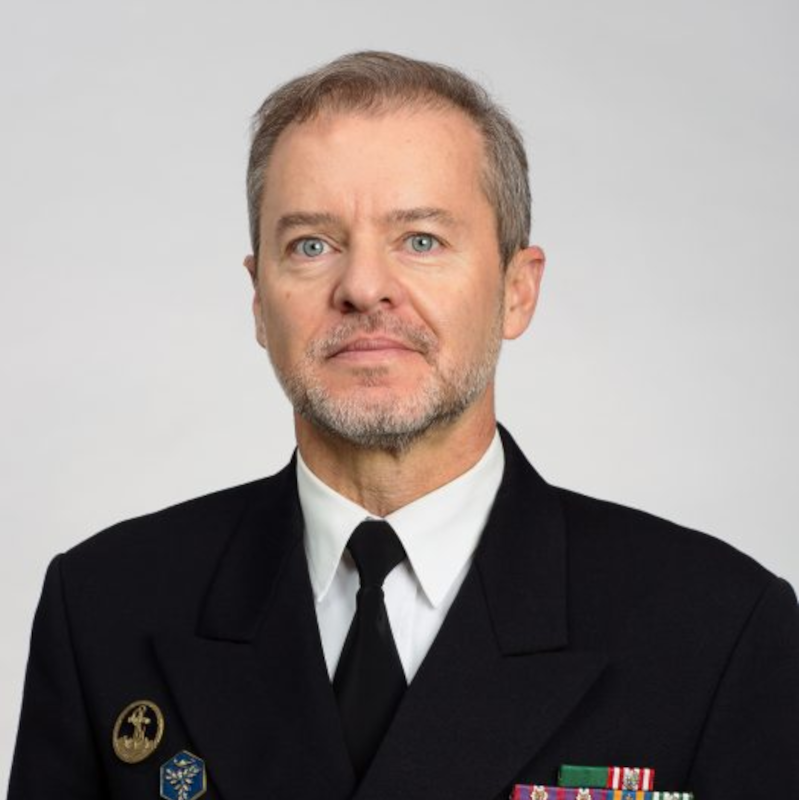 Navy Captain (OF5) Vasco PratesPortuguese Cyberdefence School DirectorPortuguese General Staff
Navy Captain (OF5) Vasco PratesPortuguese Cyberdefence School DirectorPortuguese General StaffProfile
Navy Captain Vasco Miguel Ramos Marques Prates is a distinguished officer in the Portuguese Navy with over three decades of service, specialized in Weapons and Electronics Systems Engineering, cyber defence, and strategic operations. Born in Lisbon in 1971, he graduated from the Naval Academy in 1994 with a degree in Naval Military Sciences and later earned postgraduate qualifications in Military Science – Security and Defence, and Occupational Safety and Health.
Throughout his career, Captain Prates has held key operational and leadership roles aboard corvettes, hydrographic vessels, and frigates. On land, he has contributed significantly to weapons and combat systems integration, education & training, and cyber defence development. His expertise led him to represent Portugal in several NATO and EU defence initiatives.
While being assigned at the NATO Cooperative Cyber Defence Centre of Excellence (CCDCOE) in Tallinn, Estonia, he led major projects such as the Cyber Commanders’ Handbook, Course Director for NATO accredited training as for the integration of cyber into operational planning and custodian of the NATO publication concerning doctrine for cyberspace operations. His work has fostered international cooperation, and he has played a strategic role in exercises like NATO Cyber Coalition, Locked Shields and Crossed Sword.
Captain Prates is the Portuguese Steering Committee representative in the CCDCOE and member of the managing board of the Portuguese initiative Cyber Academia and Innovation Hub (CAIH).
Captain Prates is now leading the recently created Portuguese Cyber Defence School, being its first Director.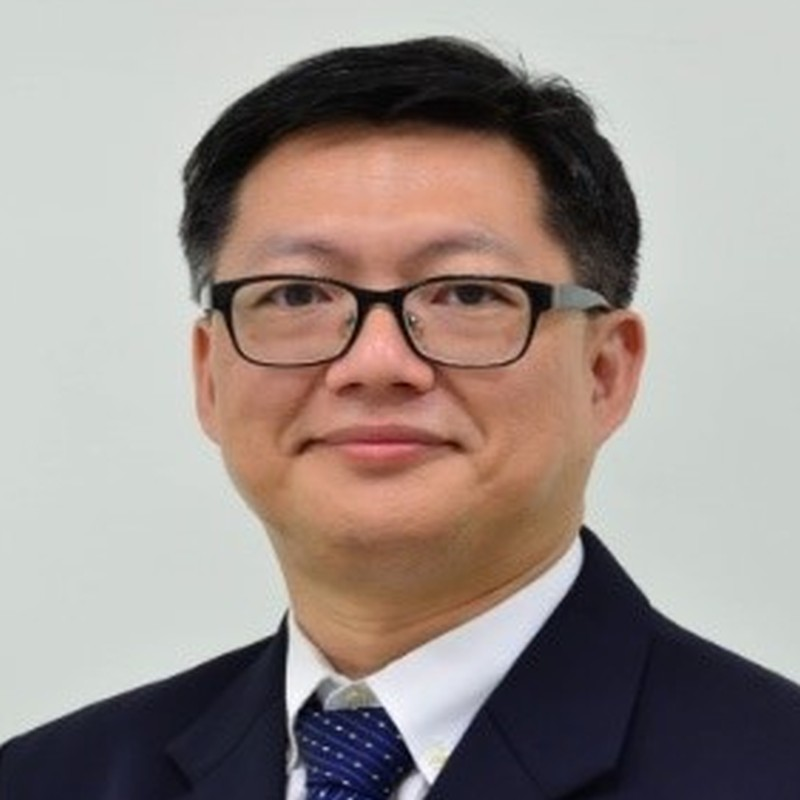 Dr. Yisuo TzengAssociate Research FellowInstitute for National Defense and Security Research
Dr. Yisuo TzengAssociate Research FellowInstitute for National Defense and Security ResearchProfile
Dr. Yisuo Tzeng currently works in the division of cybersecurity and decision-making simulation at the Institute for National Defense and Security Research (INDSR), a non-partisan research organization. He also lectures at National Defense University and Tamkang University as an adjunct assistant professor. He holds a B.A. in finance from National Taiwan University and a Ph.D. in political science from the George Washington University in the United States. Dr. Tzeng has been tasked with research on Chinese influence campaign, digital resilience, cyber warfare, and AI in defense. His recent publications cover undersea cable issues in Taiwan, AI and deterrence, AI and cognitive warfare, Taiwan defense reform as well as how Taiwan faced threats posed by China’s underwater, cyber, cognitive, electronic warfare and unmanned platforms. In addition to engaging with Track 1.5 Dialogues with IISS, RUSI, ASPI, and other European defense and security think tanks, Dr. Tzeng has been participating in or tackling wargame design of tabletop exercises regarding how Taiwan copes with strategic communication during contingency and digital resilience under a variety of grey zone threats posed by China with Taiwanese government agencies, think tanks in India and those from London and Washington D.C.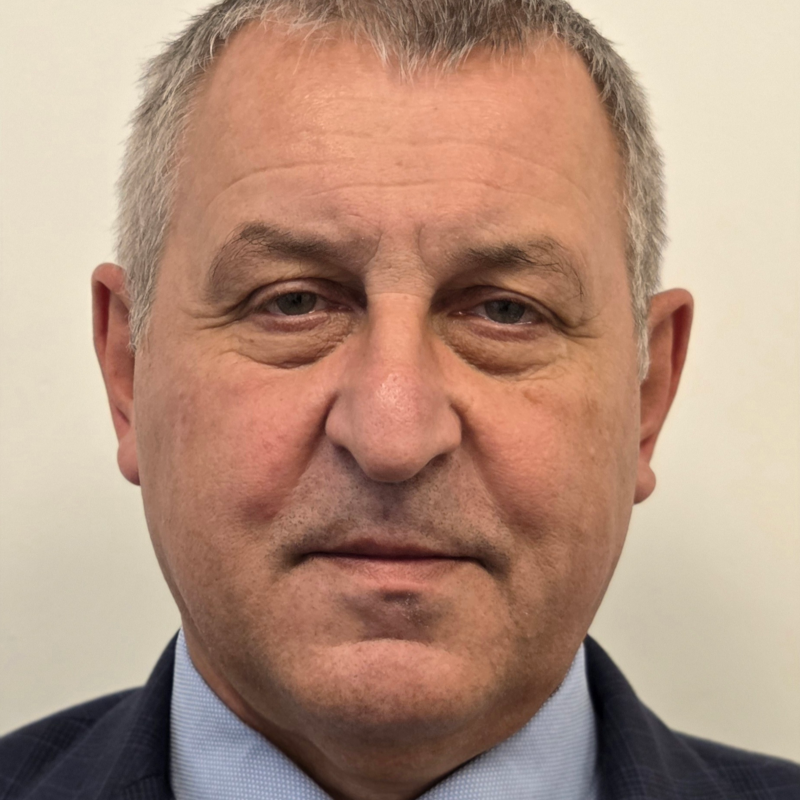 Dr. Krzysztof ŁysekDeputy DirectorMilitary Communications Institute
Dr. Krzysztof ŁysekDeputy DirectorMilitary Communications InstituteProfile
Dr. Krzysztof Łysek is Deputy Director of the Military Communication Institute in Zegrze, Poland. He received his MSc in Electronics and Telecommunications in 1989 and his PhD in Telecommunications in 2002, both from the Military University of Technology in Warsaw.From 1990 to 2003 he worked at the Military University of Technology, progressing from Research Assistant to Assistant Professor. During this time, he lectured on communication networks, terminal equipment, and protocol testing, and contributed to national and NATO-led projects on interoperability and communication systems. Between 2003 and 2006, Dr. Łysek was Principal Engineer at the TACOMS Post 2000 International Project Office in Paris, where he supported the standardisation of tactical communications for NATO nations. Since 2006, he has held the position of Deputy Director at the Military Communication Institute, where he continues to focus on secure and interoperable communication systems.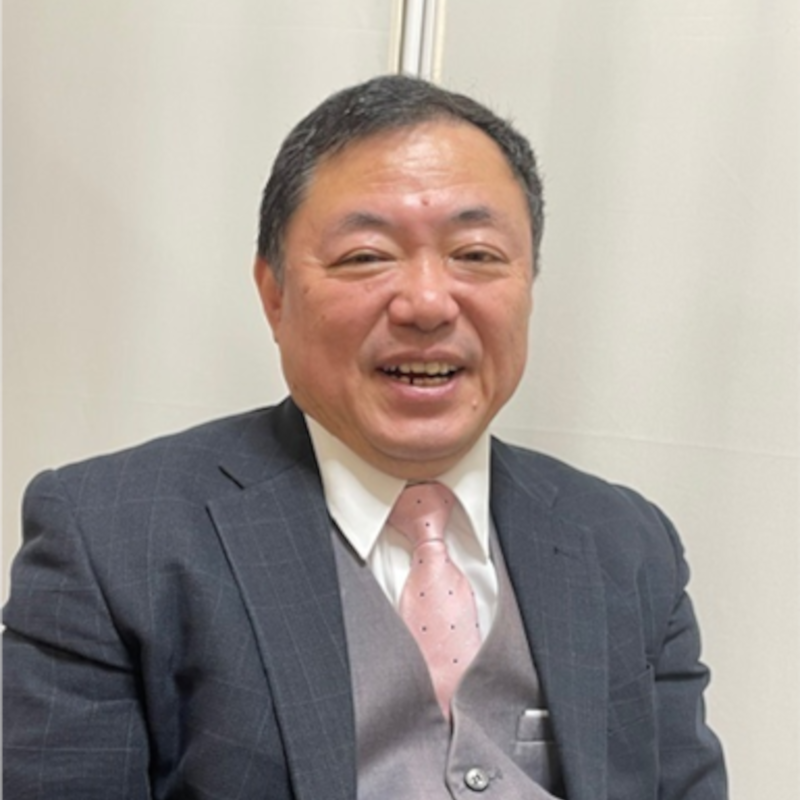 Rear Admiral, JMSDF(ret.), Dr. SASAKI TakahiroVisiting professorHiroshima University
Rear Admiral, JMSDF(ret.), Dr. SASAKI TakahiroVisiting professorHiroshima UniversityProfile
Takahiro Sasaki is Rear Admiral (retired) of the Japan Maritime Self-Defense Force (JMSDF), Visiting Professor at Hiroshima University’s Faculty of Law, Visiting Professor at Tokai University’s Institute for Peace, Strategic and International Studies, Visiting Researcher at Meiji University’s Cybersecurity Institute, Ph.D. (Hiroshima University).
After graduating from the National Defense Academy of Japan in 1986, he joined the JMSDF. He subsequently served as a liaison officer for the U.S. Navy’s Third Fleet Command, a student at the Australian Naval Staff College, Commanding Officer of the destroyer “”JS Yubetsu””, Defense attaché at the Embassy of Japan in Russia, Section chief of the Analysis Department of the Defense Intelligence Headquarters, a student at the UK Defence Intelligence School, Commander of the 8th Escort Division, cyber security coordinator at the Joint Staff Office, commander of the C4I Systems Center, and Commander of the Shimonoseki Sub Area Activity of Sasebo Reginal District, before retiring from the Ministry of Defense in 2018 (at the rank of Rear Admiral).
Based on his experience working on the frontlines of diplomacy and security as a defense attaché in Russia, and his work as the first cyber planning and coordinator at the Joint Staff Office, where he was involved in formulating the Ministry of Defense’s cyber attack response guidelines and establishing the Cyber Defense Unit, he specializes in international politics and international relations, with a focus on Russian military and security, as well as information theory, focusing on information warfare, cybersecurity, and intelligence issues. Drawing on this background, his research emphasizes the integration of fieldwork and academic perspectives. Mr. Eugenio BenincasaSenior Cyberdefense ResearcherCenter for Security Studies (CSS) at ETH Zurich
Mr. Eugenio BenincasaSenior Cyberdefense ResearcherCenter for Security Studies (CSS) at ETH ZurichProfile
Eugenio Benincasa is a Senior Cyberdefense Researcher at the Center for Security Studies (CSS) at ETH Zurich. Prior to joining CSS, Eugenio worked as a Threat Analyst at the Italian Presidency of the Council of Ministers in Rome and as a Research Fellow at the think tank Pacific Forum in Honolulu, where he focused on cybersecurity issues. He also worked as a Crime Analyst at the New York Police Department (NYPD).
Eugenio holds a MA in International Affairs from Columbia University in New York with a focus on international security, and an Executive Master in Cybersecurity from LUISS University in Rome. Commanadant Robert GallagherOperations Researcher, Operations BranchNATO CCDCOE, Tallinn Estonia
Commanadant Robert GallagherOperations Researcher, Operations BranchNATO CCDCOE, Tallinn EstoniaProfile
I am a senior cybersecurity and ICT leader with over two decades of experience delivering secure, resilient technology solutions in high-stakes national and international environments. Previous to my current role in the CCDCOE I served as Senior ICT Officer with the Defence Forces Ireland. In this role I led a large technical team supporting over 8,000 users across four countries, overseeing secure network operations, cyber defence, and critical ICT infrastructure.
I have directed the development and implementation of military-grade secure networks, cyber governance frameworks, and large-scale infrastructure projects, including a €25 million high-security data centre build. I have extensive expertise in incident response, vulnerability management, cryptographic communications, and operational resilience, and managed multiple 24/7 security operations centres.
My international experience includes serving as an ICT officer with the United Nations on multiple deployments including Lebanon and Syria and leading cyber operations for multinational teams, and advising on security strategy for European Battlegroup Headquarters in Strasbourg.
I hold CISSP, ITIL, and PMP credentials, a Bachelors in Information Technology from Dublin City University and a Master’s in Electronic Systems Engineering from Cranfield University. I am a graduate of the Program on Cyber Security Studies at the George C. Marshall Centre, reflecting my commitment to global security collaboration.
I bring a unique combination of strategic leadership, deep technical expertise, and operational experience, making me a strong contributor to panels on cyber resilience, defence technologies, security strategy and training.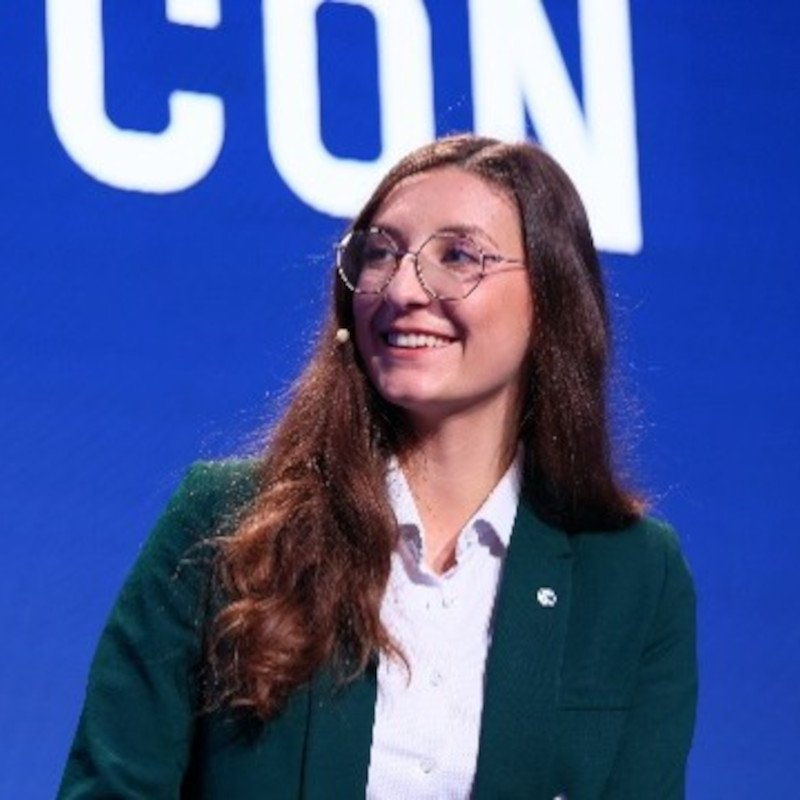 Ms. Nathalie GratzerHead of Industry CooperationNATO Cooperative Cyber Defence Centre of Excellence (CCDCOE)
Ms. Nathalie GratzerHead of Industry CooperationNATO Cooperative Cyber Defence Centre of Excellence (CCDCOE)Profile
Nathalie Gratzer is Head of Industry Cooperation at the NATO Cooperative Cyber Defence Centre of Excellence (CCDCOE) in Tallinn, Estonia. She leads strategic engagement with industry and fosters collaboration between NATO member states, academia, and the private sector to advance operational readiness in cyberspace.
As a Strategy Researcher specialising in Critical Information Infrastructure Protection (CIIP), Nathalie focuses on the intersection of policy, technology, and resilience. Holding a Master’s degree in Business Information Systems and the CISSP certification, she combines analytical rigour with practical defence expertise to strengthen cyber resilience across national and multinational frameworks.
As a Public Information Officer in the Cyber Battalion of the Swiss Armed Forces, Nathalie bridges communication and strategy between the public, private, and military domains. She supports the national narrative of cyber defence and contributes to exercises and initiatives that enhance readiness and resilience.
Her previous work at the Swiss Federal Office for National Economic Supply shaped national strategies for ICT protection and public-private partnership in cyber resilience—insights she now channels into NATO’s cooperative defence efforts.
Nathalie regularly contributes to international panels and research on public-private-partnership, cyber strategy, hybrid threats, and emerging technologies, advocating for pragmatic and collaborative approaches to securing the digital domain. Dedicated to safeguarding the digital battlespace, Nathalie brings a forward-looking perspective to the question of how democracies can defend proactively while preserving trust, transparency, and international stability.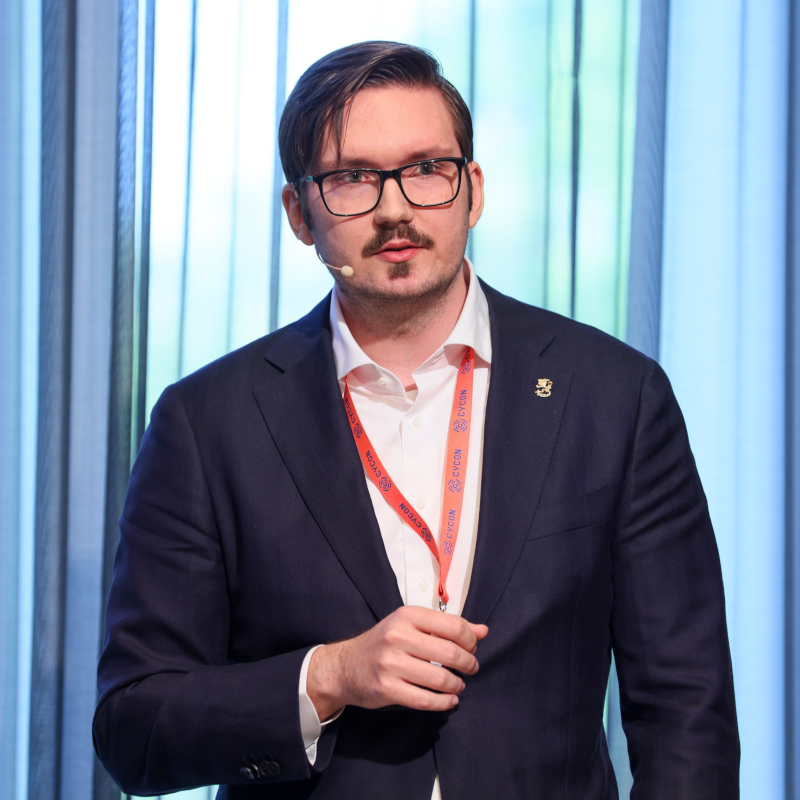 Dr. Aleksi Oskar Johannes KajanderLegal Researcher / LecturerNATO CCDCOE / Tallinn University of Technology
Dr. Aleksi Oskar Johannes KajanderLegal Researcher / LecturerNATO CCDCOE / Tallinn University of TechnologyProfile
Dr. Aleksi Kajander is a researcher at the NATO Cooperative Cyber Defence Centre of Excellence (CCDCOE) and the Tallinn University of Technology’s Department of Law. He holds a PhD and Master’s degree from the Tallinn University of Technology as well as a second Master’s on Investment Treaty Arbitration from Uppsala University. His work focuses on International law, cybersecurity and human rights.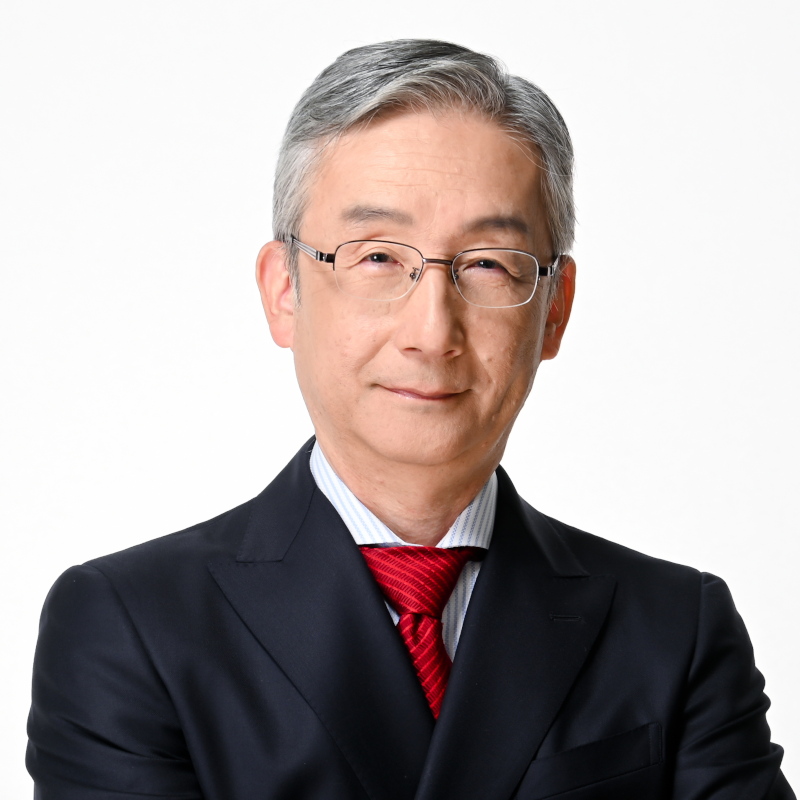 Dr. FUJII AkihiroPresidentOrganization of Cyber Defence Innovation
Dr. FUJII AkihiroPresidentOrganization of Cyber Defence InnovationProfile
Professor Akihiro Fujii is a dedicated academic at Hosei University in Tokyo, where he contributes to the Department of Applied Informatics. He also serves as President of the Cyber Defence Innovation Organization of Japan (OCDI), a non-governmental organization focusing on cybersecurity.
His academic path includes a Ph.D. from Tohoku University in computer science and a period as a Visiting Scholar at MIT. He also completed the doctoral coursework at the Graduate School of The University of Tokyo. Before joining Hosei University in 2008, he was a Senior Researcher at National Institute of Science and Technology Policy, the Ministry of Education, Culture, Sports, Science and Technology, Japan.
His work focuses on areas such as Distributed Computing, Web System Design, and the Semantic Web. In addition to his research, he contributed to the field by translating Unmesh Joshi’s book, “”Patterns of Distributed Systems,”” into Japanese.
Since assuming the role of President at OCDI, Professor Fujii has been actively engaged in research on Hybrid Threats with institutions such as the UK Defence Academy and the European Centre of Excellence for Countering Hybrid Threats (Hybrid CoE) in Helsinki. He is dedicated to leveraging the knowledge gained to contribute to peace in East Asia.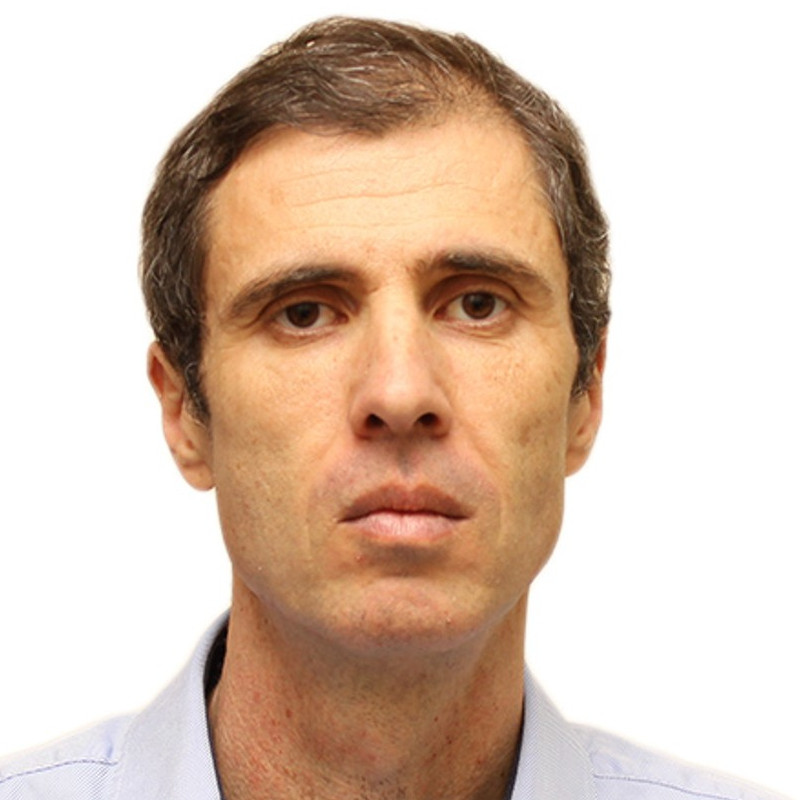 Col. Kostadin Vasilev LazarovOpsLab Section HeadNATO Crisis Management & Disaster Recovery COE
Col. Kostadin Vasilev LazarovOpsLab Section HeadNATO Crisis Management & Disaster Recovery COEProfile
Col. Kostadin Lazarov (OF-5) serves as Head of OpsLab at CMDR COE (since 2017), leading AI/ML and modeling-&-simulation programs that connect sensors, analytics, and C2 for faster, safer decision-making. He has orchestrated cyber-physical experimentation that links HLA federations to real-world C2 (COBRA, SWORD, Hymots), producing evidence-based changes to SOPs, training, and technology. He created the Transformation Vector—a closed-loop framework that instruments exercises, quantifies decision latency and interoperability, and publishes validated change packages for re-verification in subsequent events. His team’s work includes the GROOT space-weather platform, AI correlation mining, counter-UAS vision at high FPS, and hybrid robotic/ballistic computation modules.Education:
Master’s, Air Force Academy “G. Benkovski” (1994–1999); Master’s, National Defence Academy “G.S. Rakovski” (2012–2013); PhD candidate (supersonic aircraft parameters modeling).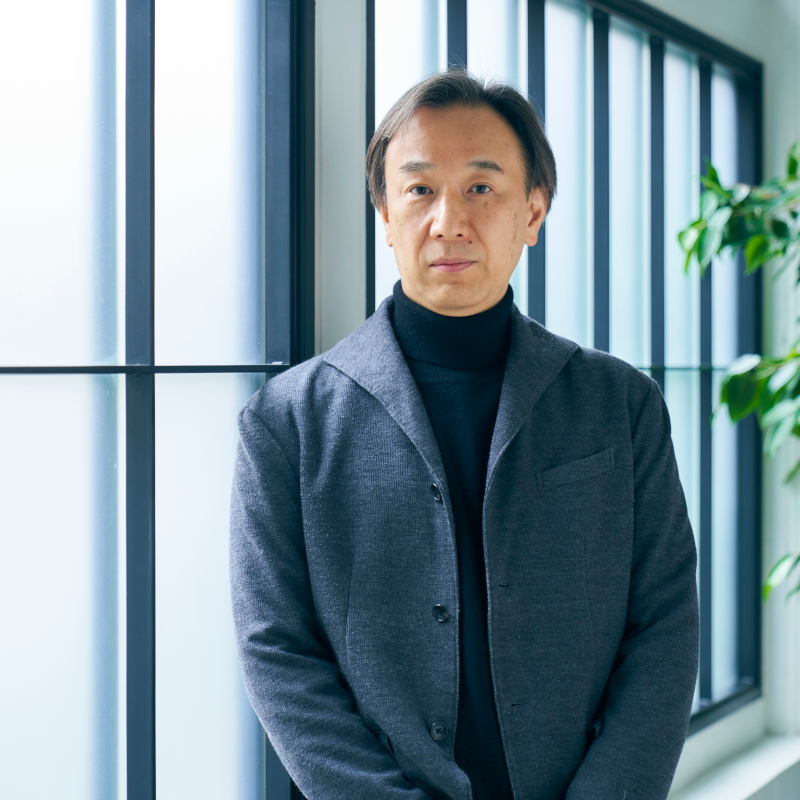 Mr. HIRAYAMA ToshihiroProfessorProfessional University of Information and Management for Innovation
Mr. HIRAYAMA ToshihiroProfessorProfessional University of Information and Management for InnovationProfile
Have been experiencing a lot of tasks of system design and build for large-scale distributed systems with a central focus on UNIX since joining an IT company. Worked Web systems and commercial Internet systems, and then moved to the security field. and worked as a security principal director in a consulting company. Currently, professor of professional university.
Also, engage in activities regarding business-academia cooperation education and human resource development through the work such as giving lectures about information security, IT career path, etc. as a part-time lecturer in several universities and graduate schools.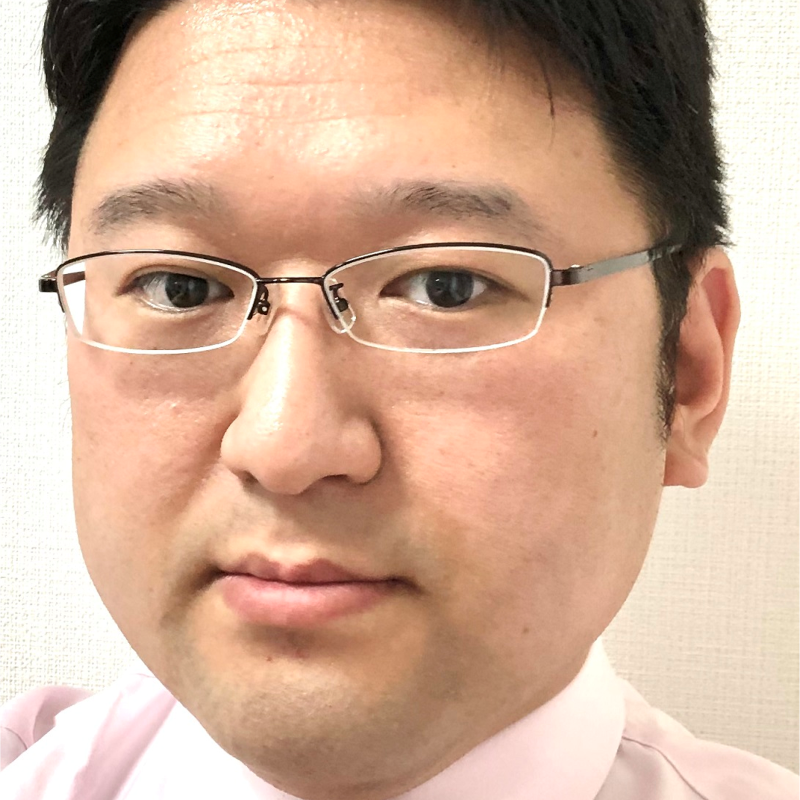 Mr. NISHIMURA HiroishiAssistant ManagerHitachi Solutions, Ltd.
Mr. NISHIMURA HiroishiAssistant ManagerHitachi Solutions, Ltd.Profile
2011 Completed Master’s Program, Graduate School of Kanazawa University
2011 Joined Hitachi Solutions, Ltd.
2011–2014 Engaged in RDB security and auditing
2012 Earned Oracle Master 11g Bronze and Silver certifications
2014–Present Specialized in mobile OS security through Mobile Device Management (MDM)
2017 Promoted to current position
2017 Registered as an Information Security Specialist (IPA Registered “Sec-Spec”)
2023–Present Working on Microsoft 365 security
2025– Launching a new enterprise browser business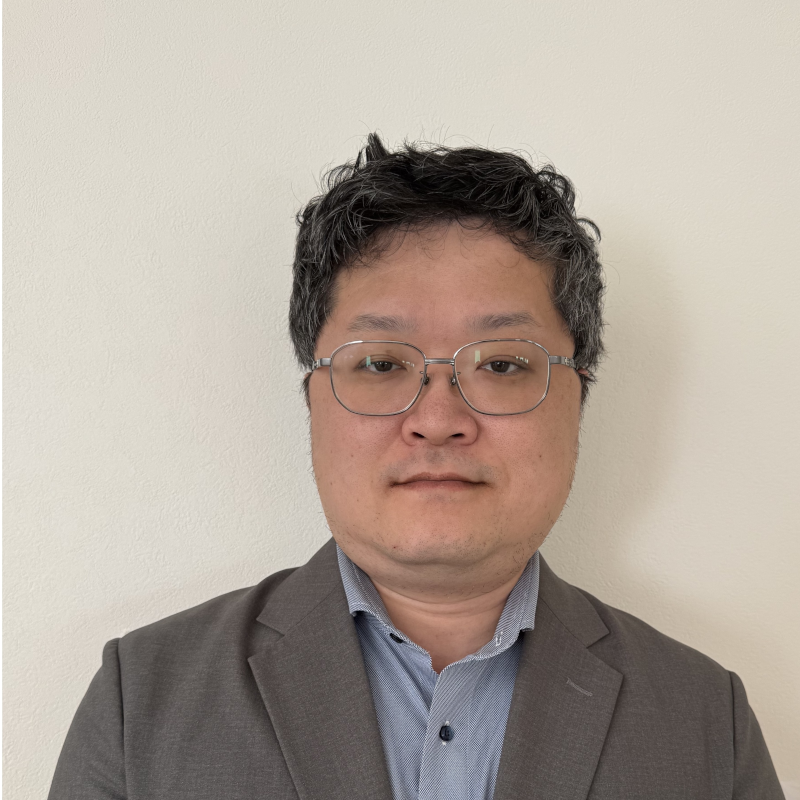 Dr. KAWAGUCHI NobutakaUnit ManagerSecurity&Trust Dept., R&D Group, Hitachi, ltd.
Dr. KAWAGUCHI NobutakaUnit ManagerSecurity&Trust Dept., R&D Group, Hitachi, ltd.Profile
Joined Hitachi, Ltd. in 2008, and since then has been engaged in research and development in the field of cybersecurity, including malware defense, targeted attack countermeasures, and vulnerability management. Dr. James LewisDistinguised Fellow, Center for European Policy Analyis (CEPA)and Senior Advisor Center for Strategic and International Studies (CSIS)
Dr. James LewisDistinguised Fellow, Center for European Policy Analyis (CEPA)and Senior Advisor Center for Strategic and International Studies (CSIS)Profile
James Lewis is a Distinguished Fellow at the Center for European Policy Analysis and a Senior Adviser in the Economic Security and Technology Department at CSIS. He writes on technology and strategy. He was a diplomat and a member of the Senior Executive Service with extensive politico-military, negotiating, and regulatory experience. Lewis was a senior advisor for four UN Groups of Governmental Experts on Information Security and drafted the GGE norms. He helped create the Wassenaar Arrangement and developed groundbreaking policies on satellite remote sensing, encryption, spectrum, high-tech exports to China, and cybersecurity. He leads a long-running Track 2 dialogue with the China Institutes of Contemporary International Relations. Lewis was a political advisor to the combatant commanders for Operations Just Cause and Desert Shield and for special projects in Central America. He has numerous publications, is quoted frequently in the media, and has testified numerous times before Congress. Lewis received his PhD from the University of Chicago. Dr. NAGASAKO TomokoAssistant ManagerInformation-technology Promotion Agency, Japan (IPA)
Dr. NAGASAKO TomokoAssistant ManagerInformation-technology Promotion Agency, Japan (IPA)Profile
Dr. Tomoko Nagasako
Senior Researcher, Cybersecurity Center, Information-technology Promotion Agency (IPA), JapanDr. Tomoko Nagasako is a Senior Researcher at the Cybersecurity Center of the Information-technology Promotion Agency (IPA), Japan.
She earned her Bachelor’s degree from the Faculty of Letters, the University of Tokyo, and a Master’s degree from the Graduate School of Humanities and Sociology at the same university. She later completed both the Master’s and Doctoral Programs at the Institute of Information Security, obtaining her Ph.D. in Informatics in 2023 with her dissertation titled “Global Disinformation Campaigns and Strategic Challenges: Case Study and Consideration of National Strategies as the Countermeasures.”Dr. Nagasako began her career in 2019 as a Research Fellow with the Security Studies Group at the Sasakawa Peace Foundation, and has served in her current position since November 2023. She is also a Visiting Research Fellow at the Institute of Information Security.
In June 2023, her paper “Japan’s Path in a Turbulent World: Toward Strengthening Intelligence Capabilities in New Domains” received the Special Award in the 20th Liberal Democratic Party International Politics and Diplomacy Essay Contest.
Her research focuses on cybersecurity, particularly cyber defense, policy studies, and cognitive warfare, with an emphasis on information operations, influence campaigns, and disinformation in cyberspace.
Her recent publications include:
“The Threat of Information Manipulation-Type Cyberattacks” (Parts 1–3), CISTEC Journal, Center for Information on Security Trade Control, 2024.
“Strategic Weapons in the Age of Social Media: Conspiracy Theories and the Cognitive Threat to Democracy” (co-authored), Wedge Publishing, 2025.
“Conspiracy Theories Weaponized in the Cognitive Domain” and “Disinformation and Conspiracy Theory Networks Spreading Across Latin America” in Social Division and Conspiracy Theories: An Antidote to the Age of Disinformation, Bungeisha, 2025.
“Cybersecurity through the Lens of Geopolitical Risk”, Progress, Chubu Industrial Association, September 2025.”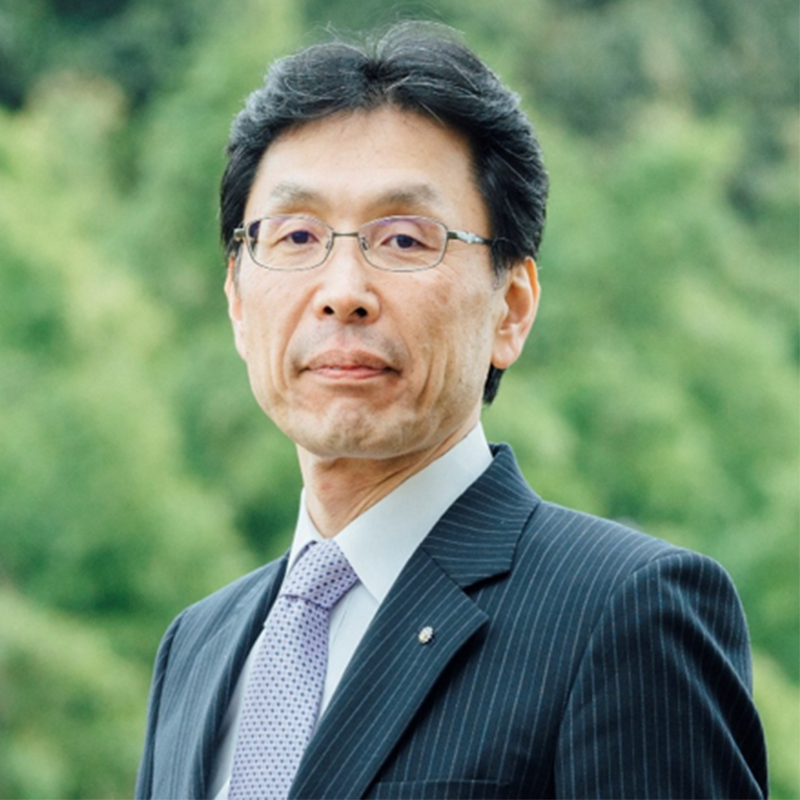 Dr. NAGASAKA YasuishiPresidentHiroshima Institute of Technology
Dr. NAGASAKA YasuishiPresidentHiroshima Institute of TechnologyProfile
Dr. Yasushi Nagasaka received his Ph.D. in Science after completing graduate studies at the University of Tsukuba in March 1993. Following his tenure as a researcher at National Laboratory for High Energy Physics, he began his academic career at Nagasaki Institute of Applied Science in April 1997, engaging in both education and research. In April 2001, he joined Hiroshima Institute of Technology, where he has continued to promote educational and research activities.
From 2013 to 2017, he served as Dean of the Faculty of Applied Information Science, and in 2018, he was appointed Vice President. Since April 2019, he has been serving as President of Hiroshima Institute of Technology. His academic expertise lies in Informatics, particularly in information and communication networks and software engineering.
In addition, he serves as the Representative Director of Cyber Hiroshima, a general incorporated association established in March 2023. As a regional branch of Cyber Wales, based in Wales, UK, Cyber Hiroshima is actively involved in promoting cybersecurity awareness and developing human resources in Hiroshima Prefecture.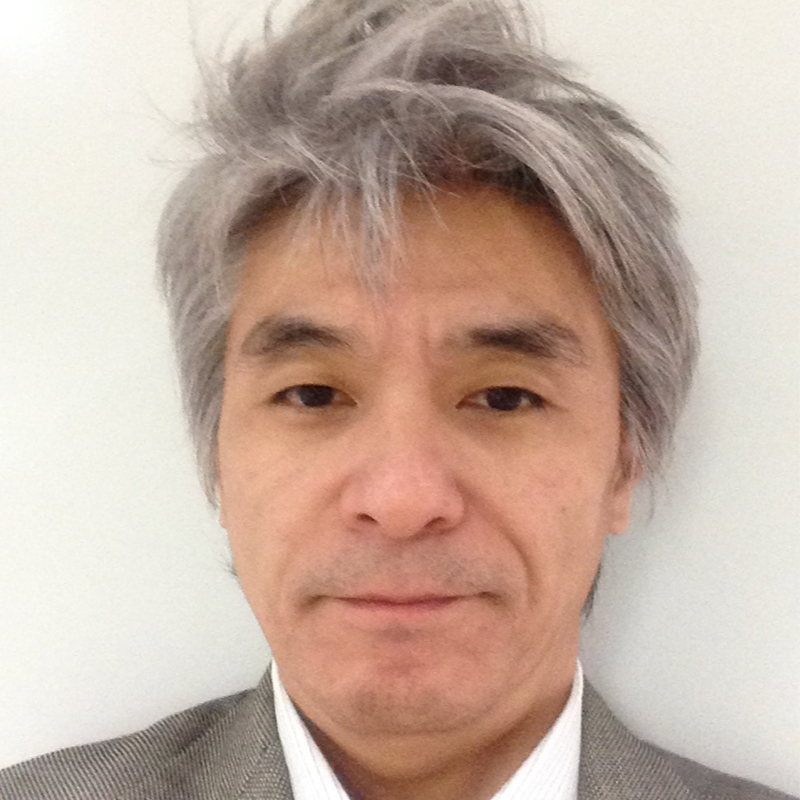 Mr. HANAI KatsuyukiBusiness Unit ManagerToshiba Digital Solutions Corp.
Mr. HANAI KatsuyukiBusiness Unit ManagerToshiba Digital Solutions Corp.Profile
Mr. Hanai joined Toshiba Corporation in 1987. He started his career as software designer of telecommunication systems in Toshiba’s Information and Communication Systems Laboratory. Then he joined undersea optical cable systems project with AT&T, British Telecom and France Telecom. In Toshiba, he has been engaged in system design, IT consulting, business development, technical marketing in emerging technology – including Deep Learning and Quantum Technology. Currently he leads Quantum Key Distribution (QKD) business unit in Toshiba. From 2021, he also worked as a chair of Quantum Cryptography and Quantum Communication subcommittee in Quantum Strategic industry Alliance for Revolution (Q-STAR), a Japanese quantum industry consortium. He holds BA in Electric Engineering from Aoyamagakuin University and MS in Computer Science from George Washington University.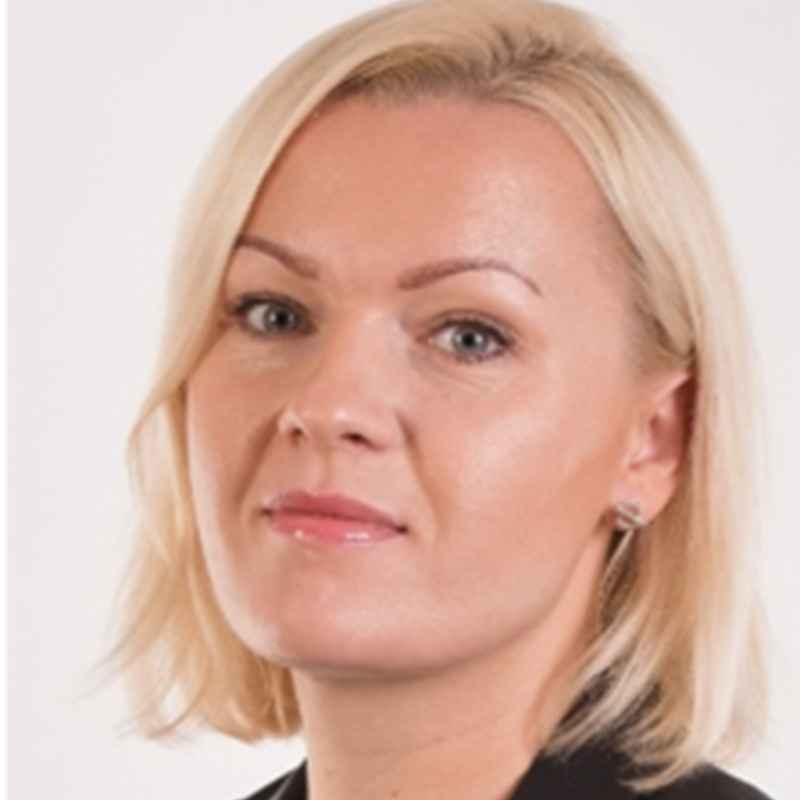 Ms. Guna ŠnoreBranch Chief, Education and Training BranchNATO StratCom COE
Ms. Guna ŠnoreBranch Chief, Education and Training BranchNATO StratCom COEProfile
Ms. Guna Šnore – is the Acting Branch Chief for Education and Training Branch at the NATO StratCom Centre of Excellence in Riga, Latvia.
She is the Exercise Director for NSCCOE’s first internatinal StratCom LiveEx SYNESIS 2026. In this capacity she is responsible for the concept development, establishment of the team, planning process and delivery of the exercise.
Her other areas of responsibility and expertise at StratCom CoE include development and implementation of broad scale StratCom education and training efforts, including exercises using information enviroment simulation platform, cross-sectoral exercises and integration of AI tools in training process.
Before joining the Centre Guna spent 11 years in NATO Headquarters in Brussels, Belgium, where she has served as Latvian Diplomat and the Program Manager of the Public Diplomacy Division of NATO’s International Staff.
From 2017 to 2022 she served as strategic communications advisor to Prime Ministers of Latvia.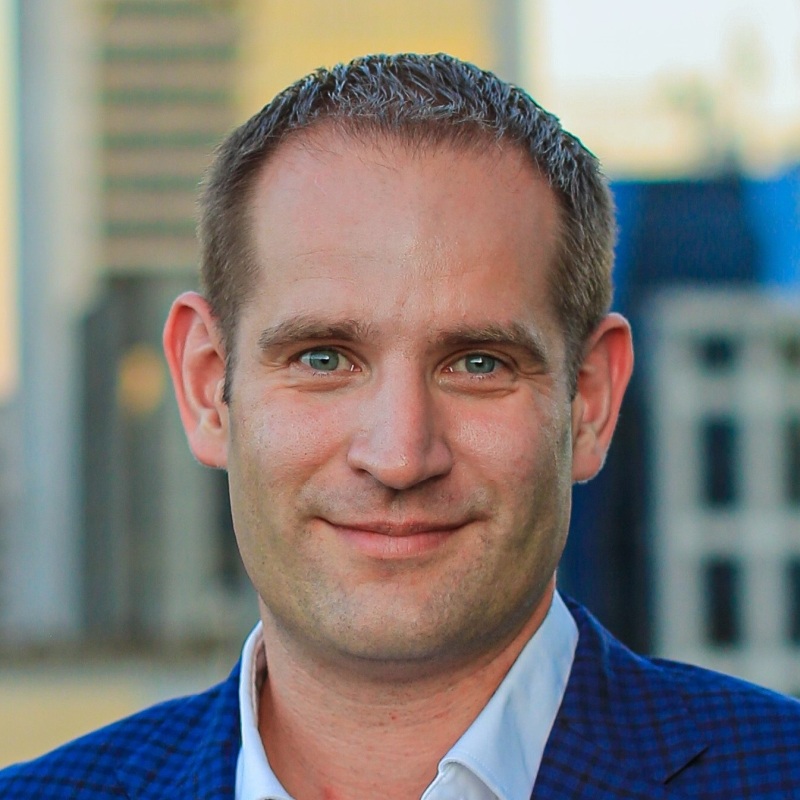 Mr. Derek MankyChief Security Strategist & Global VP Threat IntelligenceFortiGuard Labs, Fortinet, Inc.
Mr. Derek MankyChief Security Strategist & Global VP Threat IntelligenceFortiGuard Labs, Fortinet, Inc.Profile
Derek Manky plays a strategic and visionary role in consulting with leading CSOs/CISOs of Fortune 500 companies worldwide across multiple industries, bringing with him over twenty years of cyber security experience. He leads FortiGuard Labs’ Global Threat Intelligence Team. Mr. Manky has established frameworks in the security industry including responsible vulnerability disclosure, which has exercised the responsible handling of over 1000 zero day vulnerabilities. Manky has been with the Cyber Threat Alliance since it was founded in May 2014 and sits on the board. In addition to the Cyber Threat Alliance board, Derek sits on the MITRE Engenuity Center for Threat Informed Defense Advisory Council and the World Economic Forum’s Cybercrime Atlas Executive Committee. He has helped to build collaborative platforms in the cyber security industry for over 15 years. Manky collaborates with global forums and expert groups alongside leading political figures, key policy stakeholders and law enforcement, including the World Economic Forum C4C, NATO NICP, INTERPOL, and FIRST.org. His vision is applied to help shape the future of proactive cyber security, with the ultimate goal to make a positive impact towards the global war on cybercrime.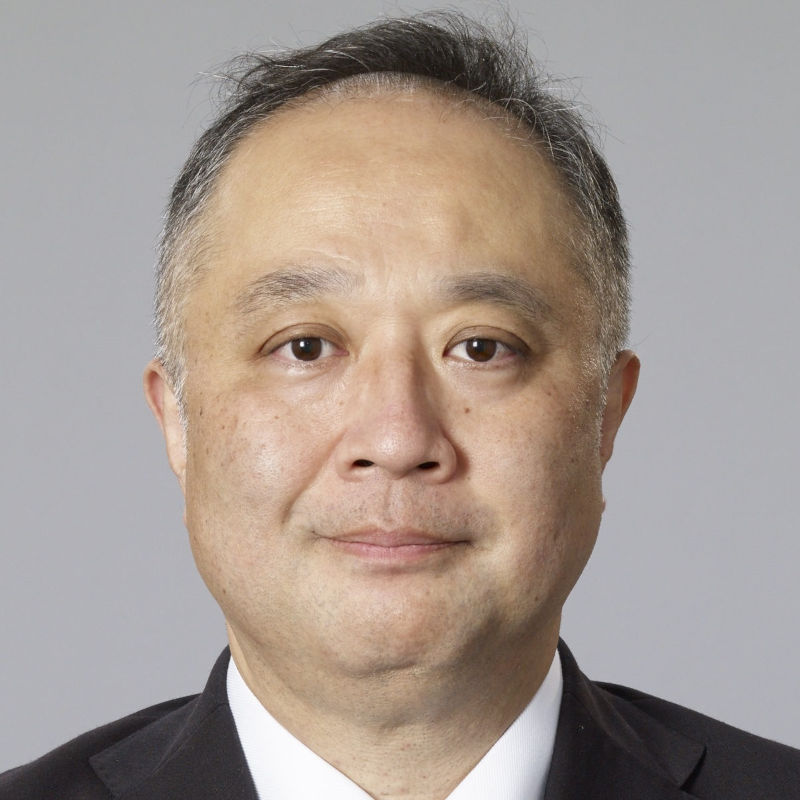 Mr. IIDA YoichiDirector-General for Cybersecurity, concurrently Deputy Director of the National Security Secretariat (NSS)
Mr. IIDA YoichiDirector-General for Cybersecurity, concurrently Deputy Director of the National Security Secretariat (NSS)Profile
Mr. IIDA was appointed National Cyber Director and Deputy Secretary General of National Security Secretariat on July 1, 2025, after serving as Deputy Chief Executive at the National Center of Incident Readiness and Strategy for Cybersecurity (NISC). He currently leads the National Cybersecurity Office, which formulates a new national cybersecurity strategy and develops detailed rules of the Active Cyber Defense Act.
Before joining NISC, he served as Director-General for Economic Security at the Cabinet Office. He supervised policy planning and implementation in the field of economic security, including the Economic Security Promotion Act (ESPA) and the Critical Economic Security Information Act (CESI Act).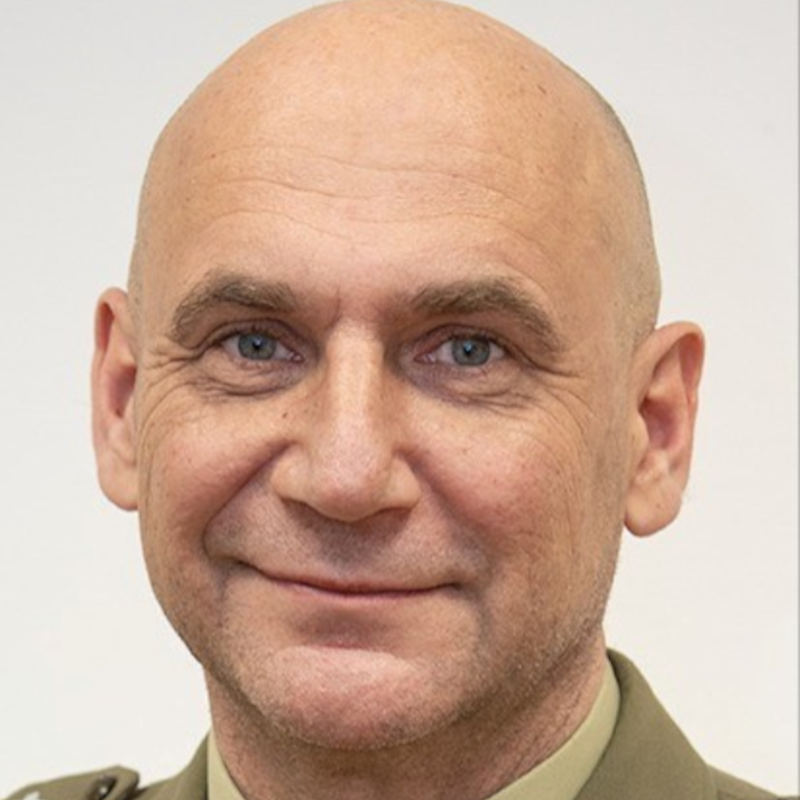 Col. (OF-5) Dariusz Tomasz NiedzielskiChief of StaffNATO StratCom COE
Col. (OF-5) Dariusz Tomasz NiedzielskiChief of StaffNATO StratCom COEProfile
Colonel Dariusz NIEDZIELSKI has joined the Strategic Communications Centre of Excellence in the summer of 2024 as a Chief of Staff.
His tour of duty includes numerous postings both nationally and in NATO with strategic communications focus since 2014 and his last position before joining the Centre was Senior Strategic Communications Expert in the Polish Ministry of National Defence. The experience gathered in his military service since promotion to first officer’s rank in 1990 allows him to easily adapt and perform service in dynamic and demanding working environments.
Col. Niedzielski has also completed both civilian and military studies and courses to include Foreign Service Postgraduate Studies and International Security Studies in which field he holds Master’s degree.
He is married with two adult sons.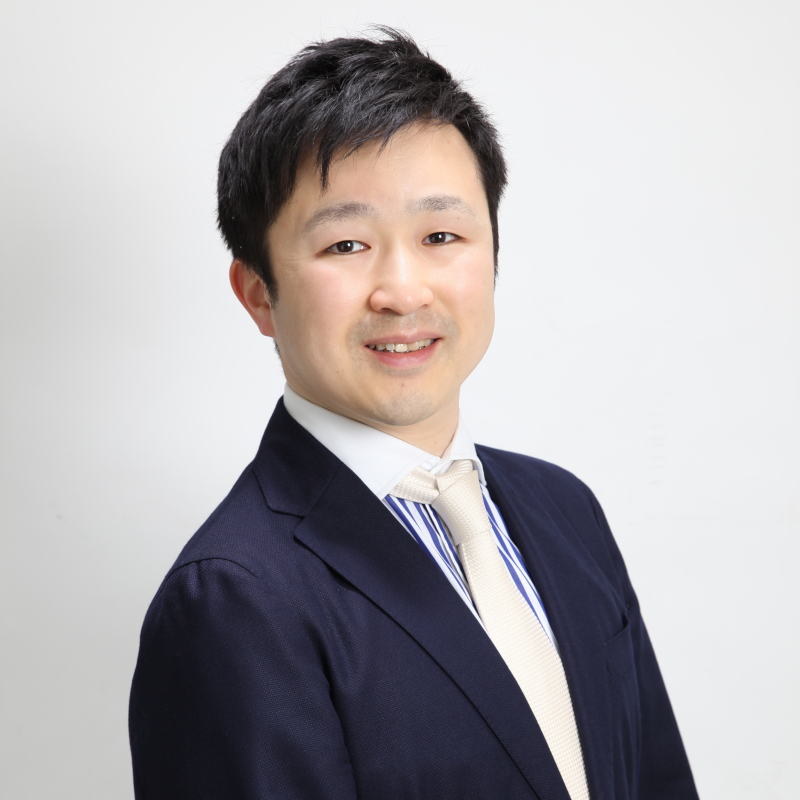 Mr. CHIDA NobuyaGoogle Cloud Google Threat Intelligence Group Principal AnalystGoogle Cloud
Mr. CHIDA NobuyaGoogle Cloud Google Threat Intelligence Group Principal AnalystGoogle CloudProfile
With over 25 years of experience in the IT and cybersecurity industries, Nobuya Chida has built a career spanning both domestic and international markets.
After working on multi-platform technology development at a major Japanese manufacturer, he held leadership positions at a global media and financial information company. There, he directed teams responsible for building and operating data centers and enterprise networks, initially for the Asia region and subsequently leading global operations.
He also worked with the world’s largest CDN provider, where he focused on security solutions and frequently spoke on internet security trends in Japan and abroad. Currently, as a Threat Intelligence Analyst, he supports Japanese organizations in leveraging intelligence to strengthen their security posture.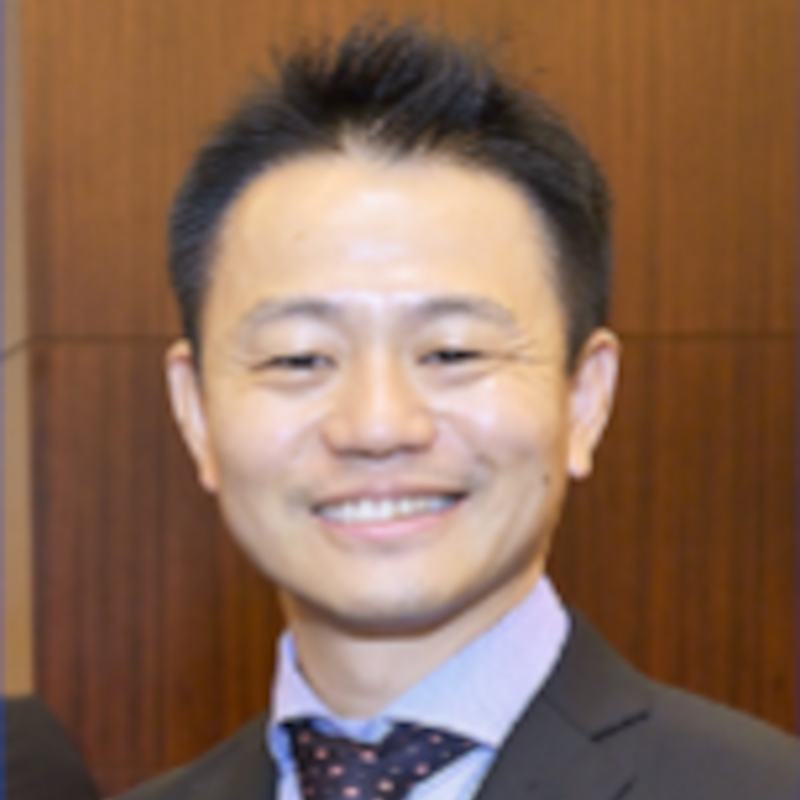 Ph.D. SASAHARA KazutoshiProfessorInstitute of Science Tokyo
Ph.D. SASAHARA KazutoshiProfessorInstitute of Science TokyoProfile
He received my Ph.D. in Multidisciplinary Sciences from The University of Tokyo in 2005. He worked as a researcher at several institutions including RIKEN BSI, The University of Tokyo, and UCLA. From 2012 to 2020, He was an Assistant Professor in Graduate School of Informatics, Nagoya University. Since 2022, Currently, he is Professor in School of Environment and Society, Institute of Science Tokyo. His research interest are in computational social science and social innovation.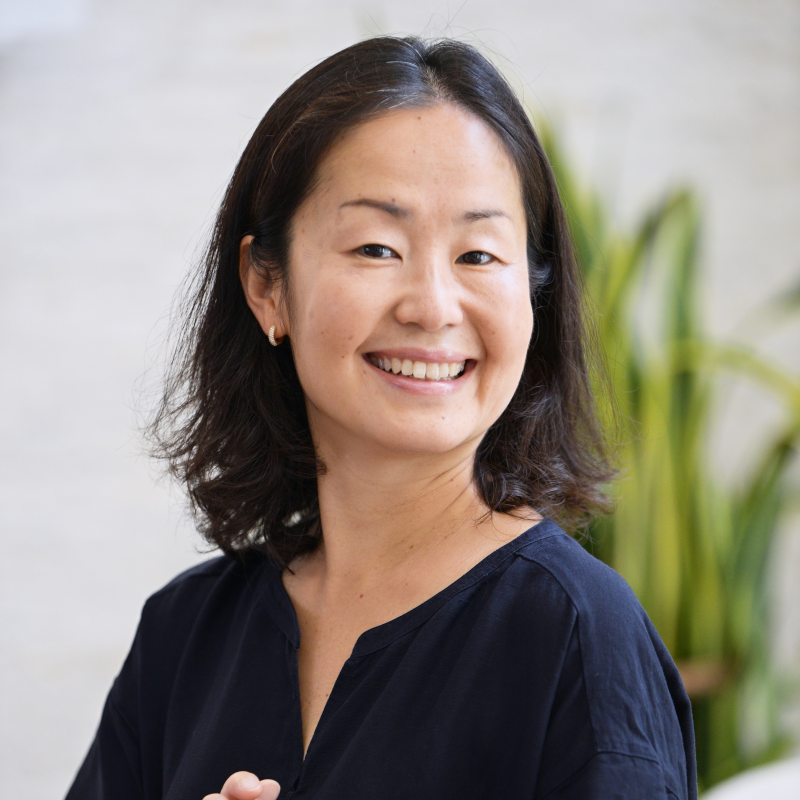 Dr. Nanae BaldauffSenior Associate Fellow (non-resident)NATO Defense College
Dr. Nanae BaldauffSenior Associate Fellow (non-resident)NATO Defense CollegeProfile
Nanae Baldauff, Ph.D., is Senior Associate Fellow (non-resident) at the NATO Defense College (Rome, Italy), and it currently the inaugural Japan-focused Indo-Pacific Research Fellow of the Asia Pacific Foundation of Canada.
She is the author of a monograph Japan’s Defense Engagement in the Indo-Pacific: Deterrence, Strategic Partnership, and Stable Order Building (Springer, 2024). She has published peer-reviewed articles, numerous research papers, and policy briefs, on topics covering space security, defense technology, innovation, and industry. She has given lectures at numerous universities including courses at the NATO Defense College.
Nanae obtained a Ph.D. in Political Science from Ghent University (Belgium) in 2022. She is a recipient of the Japan Foundation fellowship (2021). Nanae was Research Fellow at the NATO Defense College (2024) as the first Japanese national to be awarded this position.
She is also affiliated as Associate Research Fellow at the United Nations University Institute on Comparative Regional Integration Studies (UNU-CRIS) in Belgium, and Senior Researcher at Keio Research Institute at SFC, Japan. Since 2014 she is resident of Luxembourg and speaks Japanese, English, intermediate-level French and Spanish. Mr. MOROZUMI MasahiroPRESIDENTIKARUGA Partners LLC.ISC2 / ISC2
Mr. MOROZUMI MasahiroPRESIDENTIKARUGA Partners LLC.ISC2 / ISC2Profile
In 2014, he established Ikaruga Partners LLC and engaged in information security consulting. He also possesses experience in UNIX OS and DBMS development, as well as information security technical support. Since 2010, he has participated in the establishment of the Japan Cloud Security Alliance (General Incorporated Association) and serves as a director. In 2016, he was selected as a CSA Research Fellow and has continuously participated in CSA Global research activities. He holds a broad range of cloud security certifications, including CCSP (Certified Cloud Security Professional), CCSK (Certificate of Cloud Security Knowledge), CCAK (Certificate of Cloud Auditing Knowledge), and CCZT (Certificate of Competence in Zero Trust). As an ISC2 Official Training Instructor, he conducts CCSP training.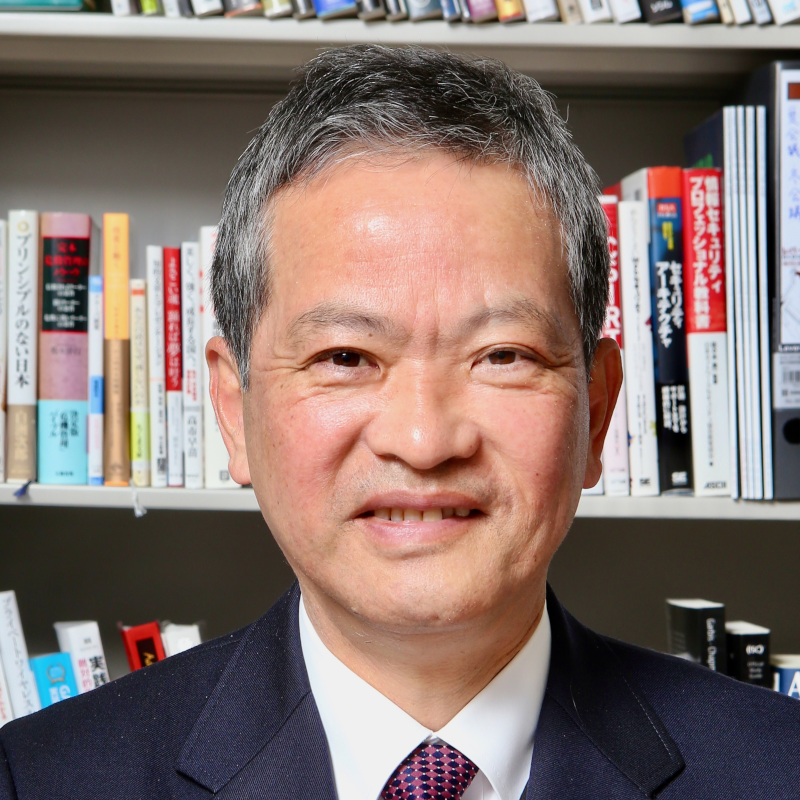 Dr. KUWANA EijiProfessorInstituite of Information Security
Dr. KUWANA EijiProfessorInstituite of Information SecurityProfile
Dr. Eiji Kuwana is President and Professor at the Graduate School of Information Security at the Institute of Information Security (IISEC). He has also served on the Board of Directors of the Information Systems Security Certification Consortium (ISC2), an international nonprofit organization for information security professionals, since 2021.
Dr. Kuwana began his career at NTT Laboratories in 1984, advancing through senior positions in research, engineering, and technology management. From 2010 to 2013, he served as Vice President and Director of both the NTT Information Sharing Platform Laboratories and the NTT Secure Platform Laboratories, where he led major R&D initiatives in security and network technologies. He then moved to Silicon Valley as Executive Vice President and COO of NTT Innovation Institute, Inc. from 2013 to 2015, directing global innovation programs for the NTT Group.
From 2016 to 2019, he served as Board Director and Chief Information Security Officer (CISO) of NTT Advanced Technology Corporation, overseeing cybersecurity strategy and business development. In 2020, he became Executive Vice President, CISO, and Chief Digital Officer (CDO) of NTT TechnoCross Corporation, later serving as its President and CEO from 2021 to 2023. After stepping down in 2023, he joined the Institute of Information Security as a Professor, focusing on cybersecurity education and talent development.
He has authored more than 40 academic publications in networking, software engineering, and multimedia, and holds over 30 patents. He has also contributed to conferences organized by ACM, IEEE, and IPSJ as a program committee member. Dr. Kuwana earned his B.E. and M.E. degrees from the University of Electro-Communications and his Ph.D. from the University of Tsukuba. Mr. OGUMA KeiihiroISC2Director of Business Development, Japan
Mr. OGUMA KeiihiroISC2Director of Business Development, JapanProfile
Since 2015, Director of Business Development, Japan at ISC2.
Previously engaged in R&D of networks and security at NTT DATA starting in 1991, followed by a role in security consulting at IBM Japan.
In 2011, founded KBIZ Inc., a security consulting firm.
In addition to consulting work, has contributed to the development of exam questions for over 15 years since 2008 as a committee member for the Information Technology Engineers Examination.
In 2016, served as the Chief Information Security Advisor for the Japan Pension Service, supporting security improvements.
Since 2024, participating in a project at the Cyber Research Consortium’s Research Promotion Division, focusing on technologies for evaluating and managing cybersecurity talent.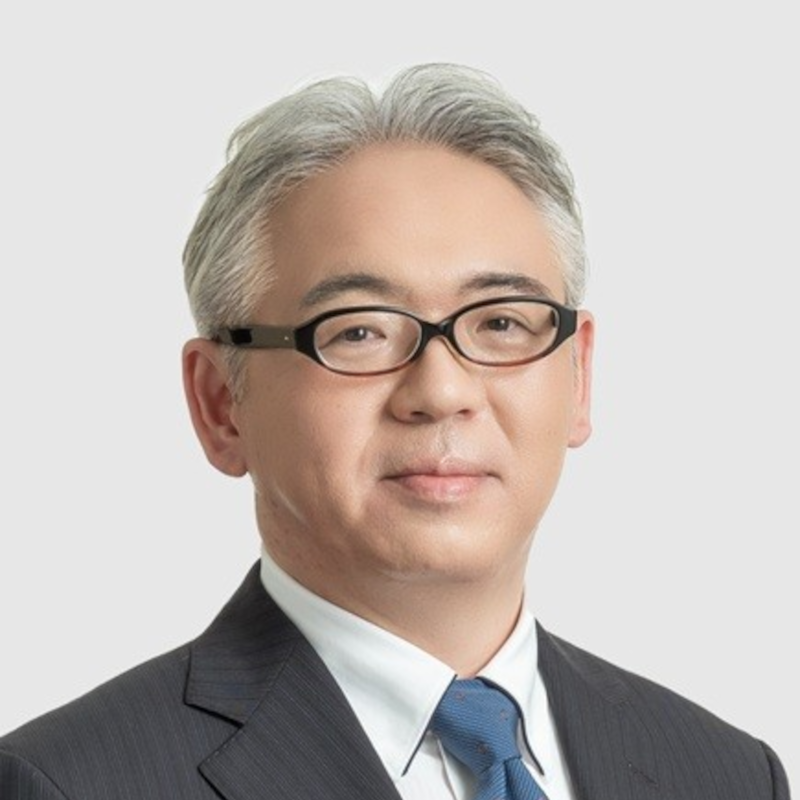 Mr. FUCHIGAMI ShinichiCorporate Executive CISONEC Corporation
Mr. FUCHIGAMI ShinichiCorporate Executive CISONEC CorporationProfile
Worked as a network engineer at a venture-type system integrator, then transitioned to an educational corporation operating a group of vocational schools.
Gained teaching experience before joining the management team as an executive responsible for security.
Provided security training for judicial and defense-related sectors outside the organization.
Since 2018, responsible for overseeing security across the entire NEC Grou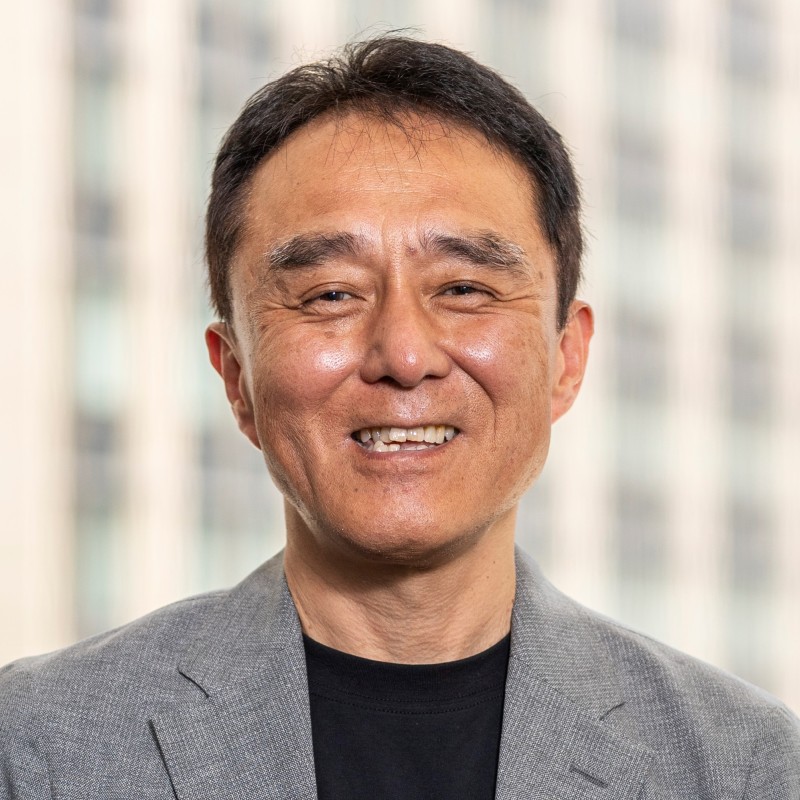 Mr. YOKOHAMA ShinichiCEONTT Security Holdings
Mr. YOKOHAMA ShinichiCEONTT Security HoldingsProfile
Mr. YOKOHAMA Shinichi serves as Group CISO of NTT (since 2018) and concurrently as CEO of NTT Security (since 2023). He is a leading figure in advancing the integration of corporate management and cybersecurity, and is widely recognized for his active engagement in global thought leadership.
He has participated in numerous high-profile international forums, including the 2015 White House Summit on Cybersecurity and Consumer Protection and the multistakeholder meeting at the 2017 G7 ICT Ministerial Conference in Turin, Italy. He has also delivered keynote speeches at major events such as the OSCE Asian Conference in Tokyo (2019) and the Munich Cyber Security Conference (2020).
Before assuming his cybersecurity leadership roles, he led post-merger integration efforts for overseas acquisitions at NTT DATA. Previously, he worked at McKinsey & Company Japan, where he advised major clients in the telecommunications and high-tech sectors and headed the Tokyo office’s Technology Practice. He began his career at the Ministry of International Trade and Industry (now the Ministry of Economy, Trade and Industry).
He holds a Bachelor of Engineering in Nuclear Engineering from the University of Tokyo and a Master of Public Administration from the Harvard Kennedy School. From 2012 to 2019, he served on the board of Special Olympics Nippon, the Japanese chapter of the global movement supporting individuals with intellectual disabilities.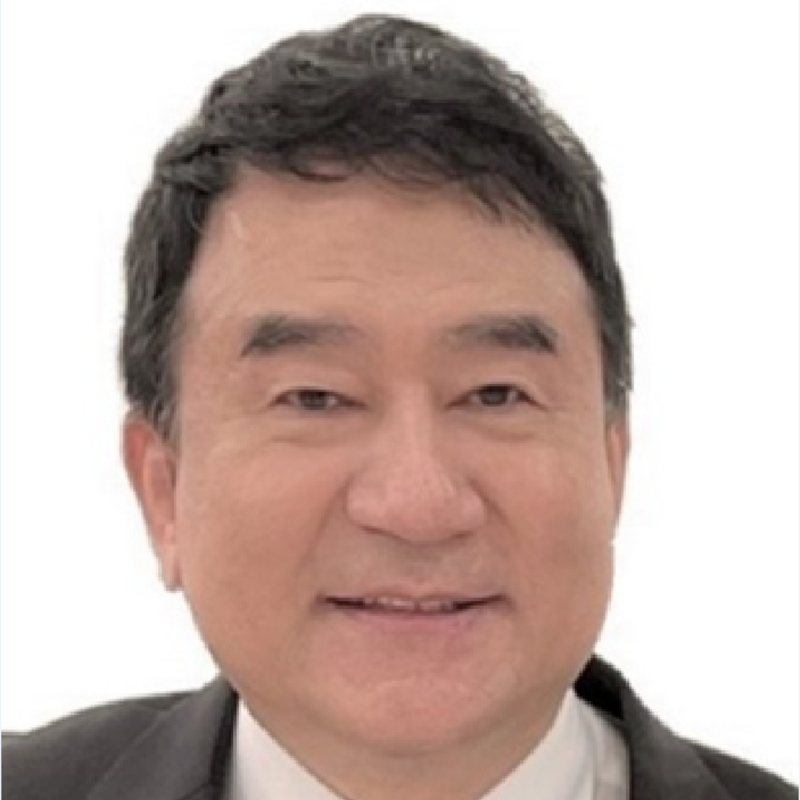 Dr. KIM JaewanDirectorKorea Research Institute of Standards and Science (KRISS)
Dr. KIM JaewanDirectorKorea Research Institute of Standards and Science (KRISS)Profile
I received my B.S. from Seoul National University and Ph.D. from the University of Houston. After working at the Supercomputing Application Lab of the Samsung Advanced Institute of Technology (SAIT) and at the Korea Advanced Institute of Science and Technology (KAIST), I joined the Korea Institute for Advanced Study (KIAS), where I conducted research in Quantum Information Science and served twice as Vice President. I have served as the Founding President of the Quantum Information Society of Korea (QisK), the Steering Committee Chair of the Asia Quantum Information Science Conference (AQIS), and the Director of the Institute of Quantum Information Technology (IQIT) at Yonsei University. I also serve as Co-Chair of the Future Quantum Convergence Forum (FQCF). Since September 2025, I have been the Director of the Strategic Research Center for Hyper-Connected Scalable Super-Quantum Computing at the Korea Research Institute of Standards and Science (KRISS).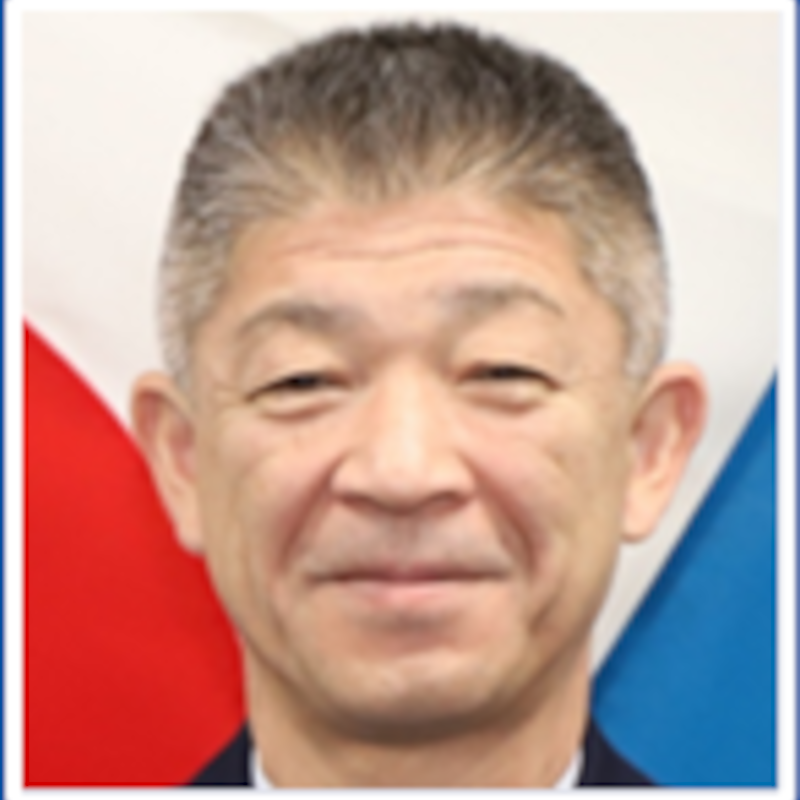 Col. ISHII HiroyukiCommander, Space Operations GroupJAPAN AIR SELF DEFENSE FORCE
Col. ISHII HiroyukiCommander, Space Operations GroupJAPAN AIR SELF DEFENSE FORCEProfile
1994 Northern Aircraft Control and Warning Wing, Misawa AB
1999 Airborne Early Warning Group, Hamamatsu AB
2004 Western Aircraft Control and Warning Wing, Kasuga AB
2006 Weapon Systems Planning Div., Defense Dept., Air Staff Office, Ichigaya AS
2008 Personnel Planning Div., Personnel and Training Dept., Air Staff Office, Ichigaya AS
2011 Southwestern Aircraft Control & Warning Wing, Naha AB
2013 Defense Plans Div., Defense Plans and Policy Dept., Joint Staff, Ichigaya AS
2015 Center for Air and Space Power Strategic Studies, Meguro AS
2016 Defense Plans Div., Defense Plans and Policy Dept., Joint Staff, Ichigaya AS
2019 Commander, Northern AC&W Group, Northern Aircraft Control and Warning Wing
Misawa AB
2020 Defense policy Div., Defense Plans and Policy Dept., Joint Staff, Ichigaya AS
2022 Vice Commander, Southwestern Aircraft Control and Warning Wing, Naha AB
2023 Commander, Operations Support Wing and the Base Commander, Yokota AB
2024 Current Assignment Mr. (1LT) Kaltenbach LukasMilitary research assistantGerman Armed Forces, UniBwM Code
Mr. (1LT) Kaltenbach LukasMilitary research assistantGerman Armed Forces, UniBwM CodeProfile
I, Lukas Kaltenbach, graduated from the University of the Bundeswehr Munich (UniBwM), earning my M.Sc. in Cyber Security, following an early training as an IT specialist. I joined the German Armed Forces in 2018. Now, as an applied researcher at UniBwM (RI Code) and drawing on operational experience as an officer and helicopter pilot in the German Airforce, my work centers on network security including interests in mission-critical infrastructure, datalinks and solving real-world communication issues.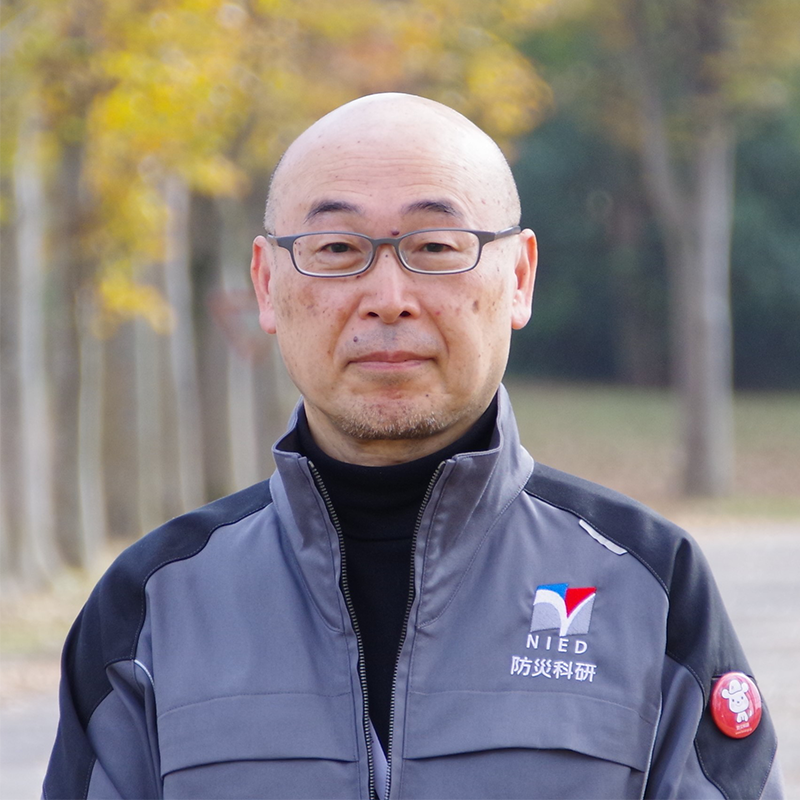 Dr. HANASHIMA MakotoAssosiate DirectorCenter for Digital Transformation and Action Rsearch, National Research Institute for Earth Science and Disaster Resilience
Dr. HANASHIMA MakotoAssosiate DirectorCenter for Digital Transformation and Action Rsearch, National Research Institute for Earth Science and Disaster ResilienceProfile
After graduating from Keio University’s Faculty of Economics in 1982, he worked at the Nikkei Inc. and the Institute for Areal Sturies, foundation (IAS). He completed his doctoral program at Osaka University’s Graduate School of Economics in 2012. Since 2014, he has been employed at the National Research Institute for Earth Science and Disaster Resilience (NIED). He serves as Assosiate Director of the Center for Digital Transformation and Action Rsearch and Special Researcher in the Disaster Prevention Information Research Department of the same division. Engaged in information support for disaster-affected municipalities since the Great East Japan Earthquake, working on the development and social implementation of the Shared Information Platform for Disaster Management (SIP4D), a foundational disaster information sharing network for disaster response.
Doctor of Economics. Member of the Quasi-Zenith Satellite System Disaster and Crisis Management Service Review Committee, Cabinet Office Space Strategy Promotion Office.
Member of the Japan Society for Disaster Information Science, the Japan Society for Regional Safety, the Japan Society for Disaster Medicine, and the Information Processing Society of Japan.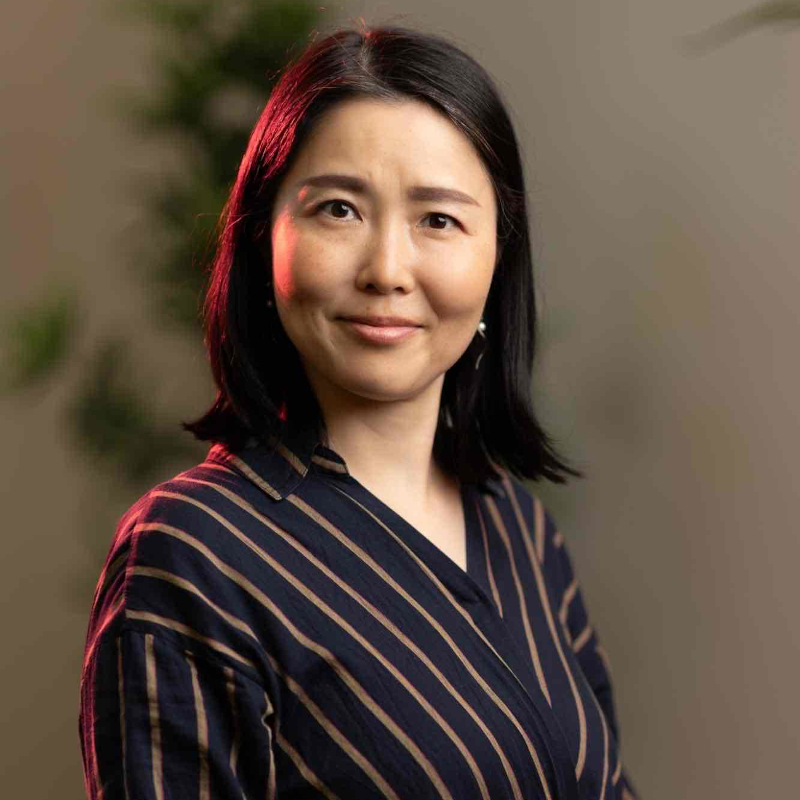 LTC. (ret.) SASAKI ChihiroOrganization for Cyber Defense Innovation
LTC. (ret.) SASAKI ChihiroOrganization for Cyber Defense InnovationProfile
After graduating from the National Defense Academy, she joined the Japan Air Self-Defense Force (JASDF), specializing in information and communications. She worked on establishing and maintaining communication systems and gained experience in coordination with U.S. Forces, including involvement in Foreign Military Sales (FMS) and Communication Security (COMSEC) operations. At the Joint Staff Office, she was responsible for cyber defense cooperation with foreign militaries and later served as Commander of the Computer Systems Evaluation Squadron, leading JASDF’s cybersecurity squadron. Subsequently, at the Ministry of Defense’s Internal Bureau, she managed multiple cybersecurity capability-building projects before retiring as a Lieutenant Colonel.
In the private sector, she served as Executive Officer at Cybergym Japan, overseeing training operations across Asia and delivering cybersecurity programs for senior executives, while acting as the primary liaison with Cybergym Israel. Currently, she is the Incident Commander at Nihon Cyber Defence’s UK office, leading projects regarding cyber security crisis management services for government agencies and major corporations.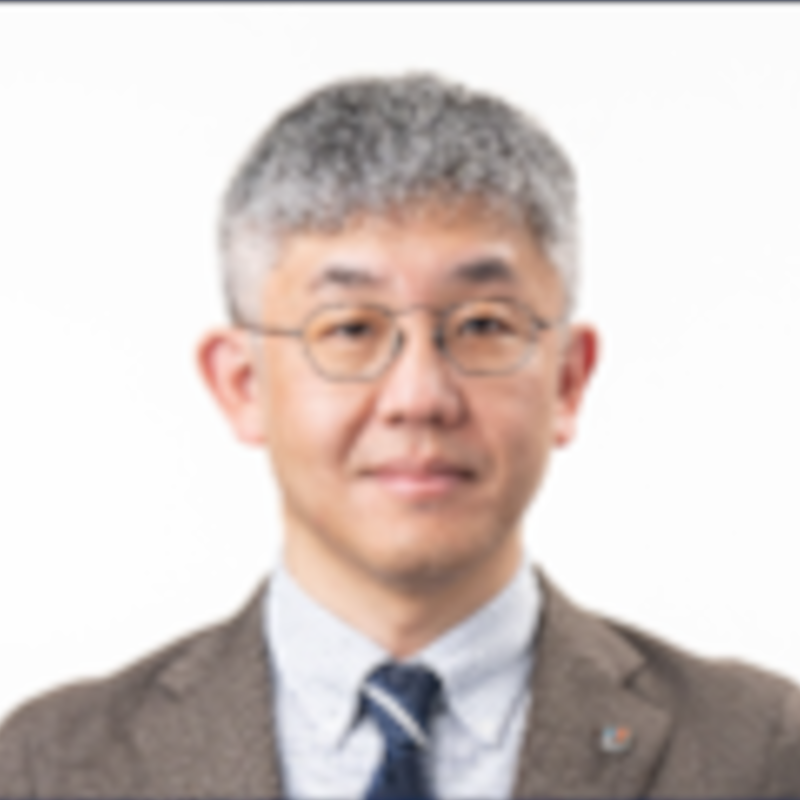 Dr. TAGUCHI HitoshiProject DirectorNational Research Institute for Earth Science and Disaster Resilience (NIED)
Dr. TAGUCHI HitoshiProject DirectorNational Research Institute for Earth Science and Disaster Resilience (NIED)Profile
2006 – 2009 Department of Civil Engineering, The University of Tokyo
2009 – 2016 NIED
2016 – 2017 Disaster Management Bureau, Cabinet Office
2017 – NIED
Research on technology for integrated analysis and advanced application of disaster information
Development of a method for continuously estimating damage conditions using multi-sensor data
Development of integrated utilization methods for satellite remote sensing data for disaster managementJapan Society for Disaster Information Studies (JASDIS), The Society for Risk Analysis Japan, GIS Association of Japan (GISA), Japan Association for Earthquake Engineering, Institute of Social Safety Science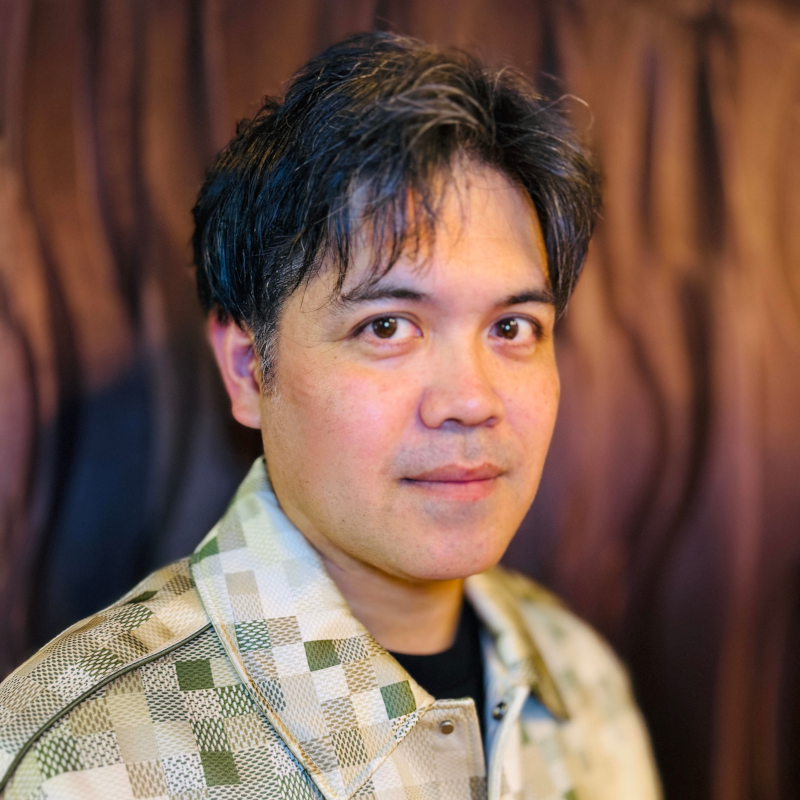 MAJ. (ret.) NAKAMA ChikaraNational Security DerectorSplunk Services Japan LLC
MAJ. (ret.) NAKAMA ChikaraNational Security DerectorSplunk Services Japan LLCProfile
Chikara Nakama is Executive Officer of CYDEF, and Director for National Security of Splunk Japan. Chikara is focusing on supporting government and companies through data analysis and utilization and contributing to the digitalization of Japan.
Prior to joining Splunk, he worked as a government employee in the Cabinet Cyber Security Center, the Ground Self-Defense Force, and the Ministry of Internal Affairs and Communications, where he was involved in strategy and planning related to IT technology and cyber security, system development, and human resource development.
Also, in the private sector, as the Chief Security Officer of Cisco Japan, Chikara was engaged in work to ensure the consistency of security with products, services, and supply chains.
He holds a Bachelor of Science in Mathematics and a Master of Science in Information Engineering from the National Defense Academy, and has interests in statistics, data science, machine learning, cyber security, cloud, and human resource development. Dr. HUANG Raymond HJSenior Research FellowInstitute for National Defense and Security Research (INDSR)
Dr. HUANG Raymond HJSenior Research FellowInstitute for National Defense and Security Research (INDSR)Profile
Most of Lt. General HUANG’s military professional career was devoted to a variety of defense acquisition and procurement management positions. He retired from military service in July 2020. Before his retirement, he served nearly six years as the Director General of the National Defense Procurement Office (NDPO) at Taiwan Ministry of National Defense (MND), where he was responsible for formulating defense procurement policies and regulations, reviewing and executing major defense acquisition programs, educating and training the military procurement workforce, and supervising procurement-related affairs across all service branches. He was also assigned for many years to Washington, D.C., serving in the Defense Procurement Division of the Taipei Economic and Cultural Representative Office (TECRO), where he specialized in coordinating all aspects of defense procurements under both Foreign Military Sales (FMS) and Direct Commercial Sales (DCS) channels. Lt. General HUANG’s primary areas of expertise include acquisition strategies, defense procurement, defense acquisition program management, and integrated strategies of defense supply chain security. He is currently a senior research fellow at the Taiwan Institute for National Defense and Security Research (INDSR).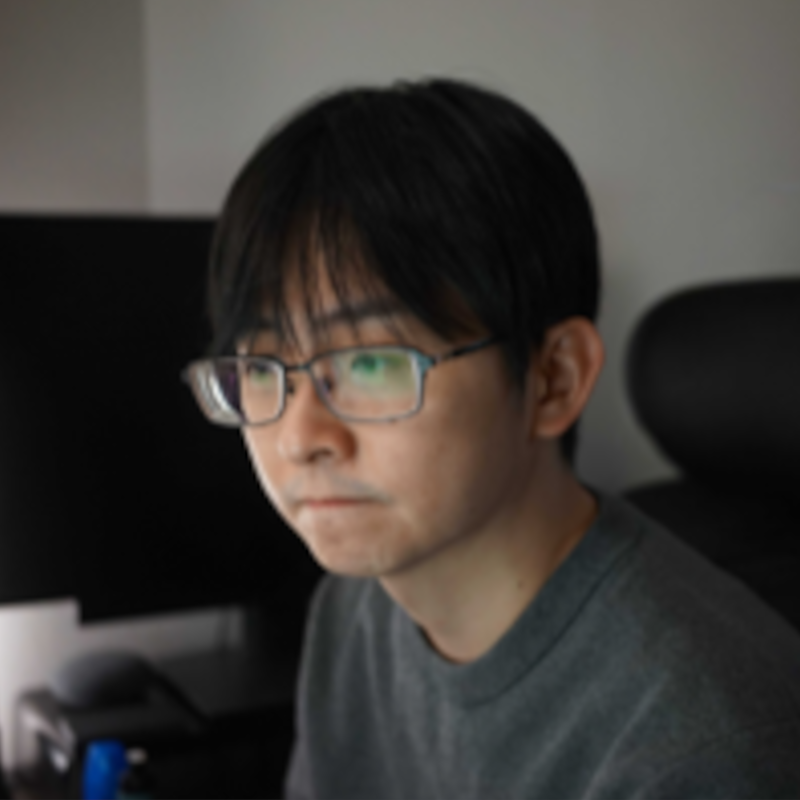 Mr. NAKAMURA TakumiSecurity Governance & Compliance SpecialistSplunk Services Japan LLC
Mr. NAKAMURA TakumiSecurity Governance & Compliance SpecialistSplunk Services Japan LLCProfile
Nakamura is a Security Governance & Compliance Specialist at Splunk, working within the Governance, Risk, and Compliance (GRC) division of Splunk Global Security (SGS) under the Products & Technology organization. He is engaged in promoting global security and compliance initiatives and is responsible for obtaining and maintaining key cybersecurity certifications such as ISO/IEC 27001, IRAP (Australia’s Information Security Registered Assessors Program), and ISMAP (Japan’s Information System Security Management and Assessment Program), thereby contributing to the realization of high security standards for Splunk in the global market.
Before joining Splunk, Nakamura worked at an audit firm, providing information security and privacy advisory services, as well as being involved in ISMS certification projects and ISMAP information security assessment engagements.
He has a strong interest in cybersecurity compliance, risk management, and regulatory frameworks, supporting organizations in meeting complex government and enterprise security requirements. He is also passionate about promoting security best practices in an evolving digital environment.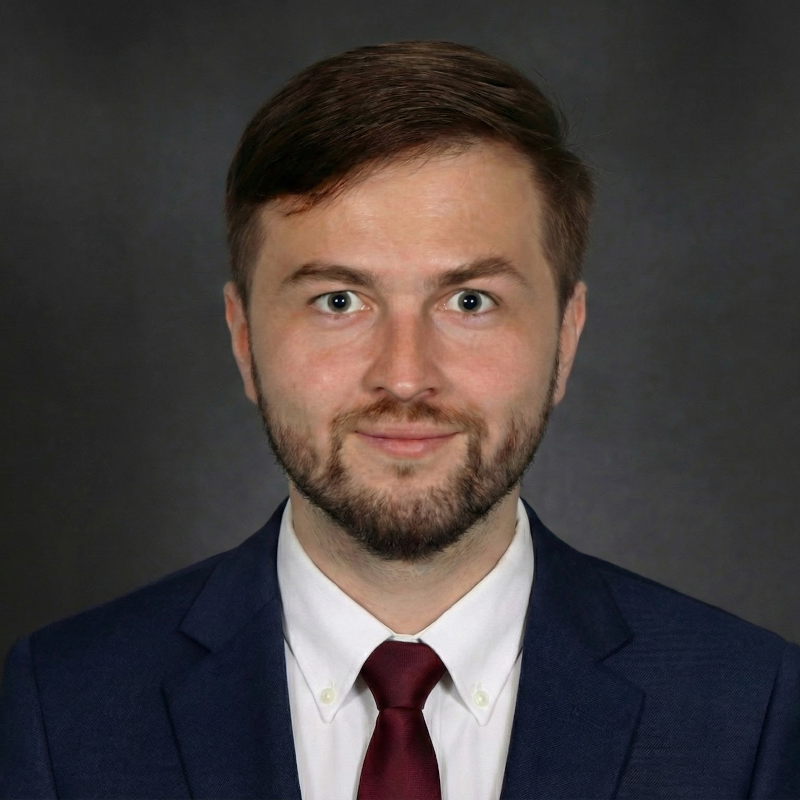 Mr. Alexander BischelCybersecurity Deputy Departmant ManagerSola.com Co.,Ltd.
Mr. Alexander BischelCybersecurity Deputy Departmant ManagerSola.com Co.,Ltd.Profile
Before joining Sola.com Co., Ltd in 2024, Alexander Bischel specialized in software development, with a personal focus on game development using Godot and cybersecurity interests such as penetration testing.
He is currently the Deputy Department Manager for Cybersecurity, where his work centers on cyber threat and cognitive warfare analysis, while also developing software to analyze public sentiment and activity on social media platforms. Mr. Stuart FrizellHead of Technical PresalesBAE Systems Digital Intelligence
Mr. Stuart FrizellHead of Technical PresalesBAE Systems Digital IntelligenceProfile
Mr Frizell is the Head of Technical Presales for BAE Systems Digital Intelligence, bringing over 26 years of experience to the role. He is a recognised subject-matter expert in Cyber and Electromagnetic Activity (CEMA), with deep expertise in the associated enabling technologies and the wider multi-domain operational context.
His work focuses on the interplay between cyberspace and electromagnetic operations—now formally recognised as a warfighting domain—driven by growing dependencies on this domain for command and control, the increased adoption of unmanned platforms, and society’s broader shift toward wireless connectivity.
A career practitioner in software-defined radio (SDR) technologies for SIGINT and specialist communications—including secure telemetry, tracking, and command links for space-based operations—Mr Frizell has spent the past decade concentrating on the convergence of Cyber and Electronic Warfare. His experience includes technical programme leadership and the direction of a multi-year industry research framework on these themes on behalf of the UK Ministry of Defence.
Mr Frizell holds a Master’s in Engineering Science from the University of Oxford and is currently studying National Security Policy at King’s College London. Mr. Conrad PrinceSenior AdviserBAE Systems Digital Intelligence
Mr. Conrad PrinceSenior AdviserBAE Systems Digital IntelligenceProfile
Conrad is a senior advisor to BAE Systems Digital Intelligence supporting the delivery of national programmes for a number of governments worldwide. He was formerly the Director General for Operations and deputy head of the UK Government’s signals intelligence and cyber security agency, GCHQ, and subsequently held a role as Cyber Security Ambassador for the UK Government, specialising in international capacity building.
Conrad led the intelligence and cyber operations at GCHQ for seven years, during which time the agency transformed for the cyber age. As part of that he oversaw the development of the UK’s national offensive cyber capability, and led its work in support of UK military operations. As Cyber Ambassador he led UK cyber capacity building and strategic advisory work with a number of foreign Governments. He was also a strategic adviser on the UK Government’s agenda to build a strong UK cyber ecosystem, including working on issues relating to national cyber skills, the UK cyber industry, and regulation.
Conrad is a Distinguished Fellow and RUSI’s senior adviser on cyber security, offensive cyber, and related intelligence and security issues.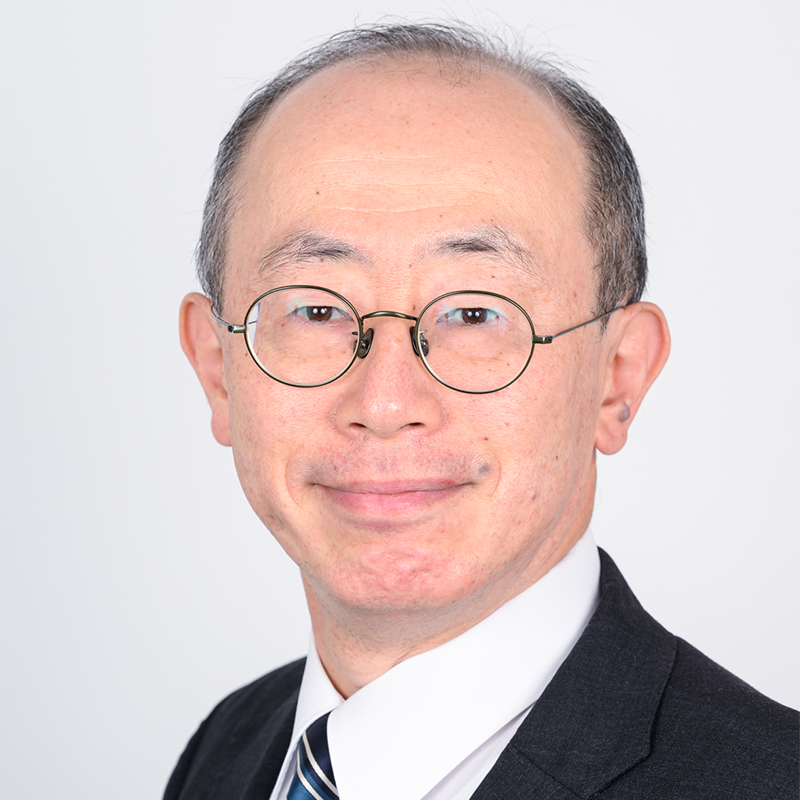 Mr. YAMAUCHI TomooAdviser
Mr. YAMAUCHI TomooAdviser
Visiting ProfessorLAC Co. Ltd.
Kochi University of TechnologyProfile
Tomoo YAMAUCHI is currently working for LAC Corporation, which provides cybersecurity services. He is responsible for providing cybersecurity and security-related advice and proposals concerning external affairs activities and overall security measures for the company.
Until July 2025, he worked as Director-General in charge of Cyber Security and CISO, MIC (Ministry of Internal Affairs and Communications).
Between 2016 and 2021, he was in charge of Cybersecurity as Deputy Director-General and Counsellor of NISC (National center of Incident readiness and Strategy for Cybersecurity), Cabinet Secretariat.
At NISC, He was in charge of preparing Cybersecurity Strategies 2018 and 2021, incident response coordination for 2020 Tokyo Olympic and Paralympic Games, amendment of Cybersecurity Basic Act and preparing Critical Infrastructure Action Plan.
Before that, he was in charge of policies regarding research, development and promotion of space communications at MIC. In addition, he has a variety of experiences in ICT policies. His previous assignments include radio wave policies such as land, maritime, aeronautical and satellite mobile communications.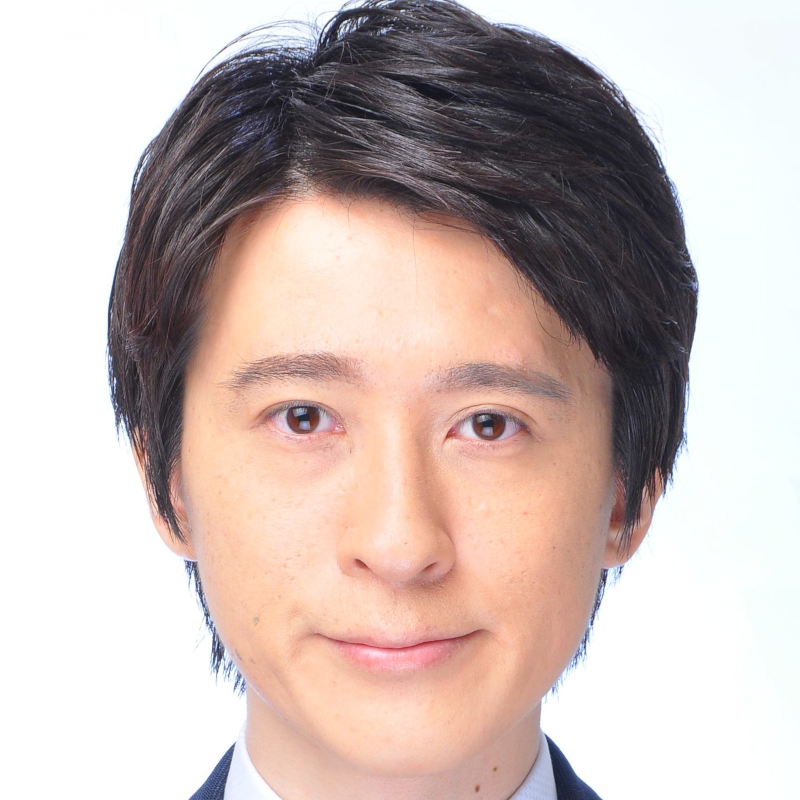 Dr. SASAKI ToshihikoSenior R&D ScientistQuantinuum K.K.
Dr. SASAKI ToshihikoSenior R&D ScientistQuantinuum K.K.Profile
Toshihiko Sasaki obtained a Ph.D. in Science from the Graduate School of Science, The University of Tokyo, in 2012. He has held various positions, including Postdoctoral Researcher at the Graduate School of Engineering, The University of Tokyo; Postdoctoral Researcher at the National Institute of Informatics; Postdoctoral Researcher at RIKEN; and Assistant Professor and Lecturer at the Graduate School of Engineering, The University of Tokyo.
Since 2025, he has been a Senior R&D Scientist at Quantinuum K.K. His specialization lies in Quantum Foundations and Quantum Information Theory, focusing particularly on Quantum Key Distribution (QKD) Theory and Quantum Communication Theory.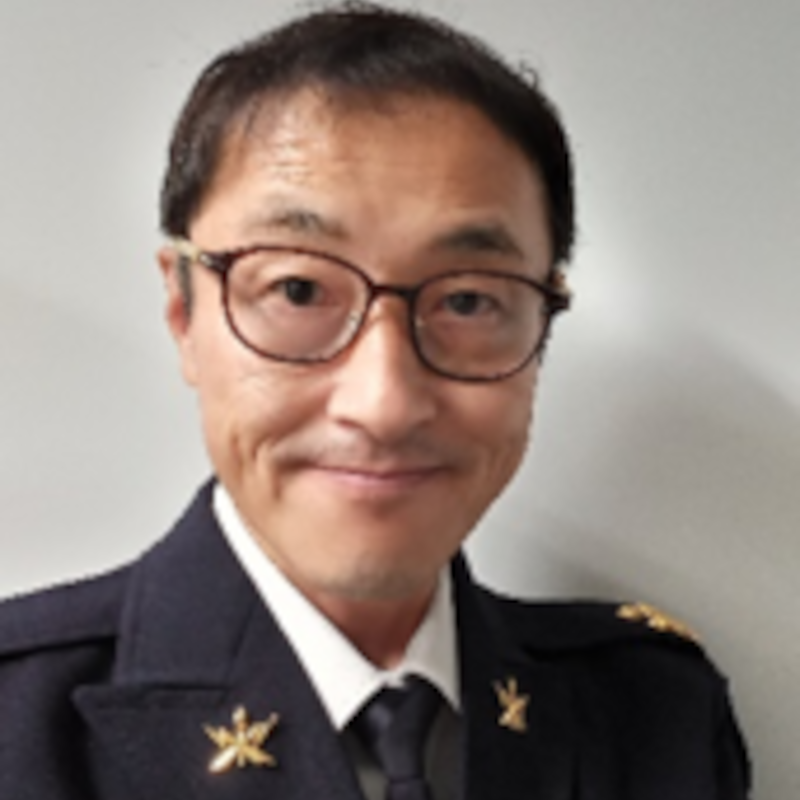 Dr. Col. KAWAMURA KokiSenior Fellow, NIDSNational Institute for Defense Studies
Dr. Col. KAWAMURA KokiSenior Fellow, NIDSNational Institute for Defense StudiesProfile
Completed the Graduate Course of Comprehensive Security Studies at the National Defense Academy and earned a Ph.D. in Security Studies.
Specializes in “New Operational Domains and Modern Conflict,” analyzing the technological underpinnings of high-tech warfare. Dr. Manuel ErhardQuantum Technology Laboratories
Dr. Manuel ErhardQuantum Technology LaboratoriesProfile
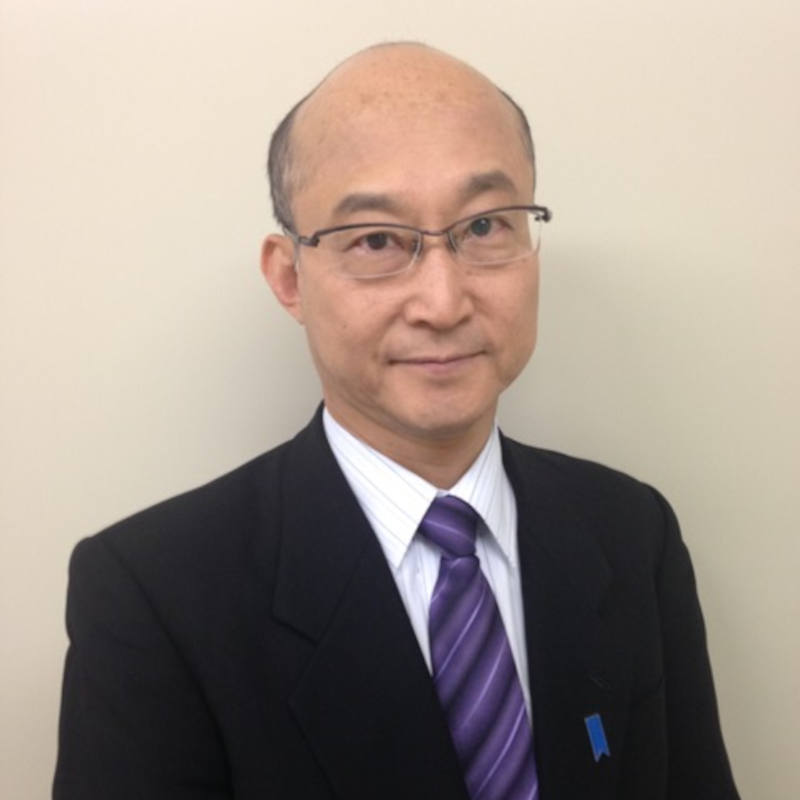 Dr. ITOH HiroshiPrincipal ResearcherNICT
Dr. ITOH HiroshiPrincipal ResearcherNICTProfile
Dr. Ito received his Ph.D. in Engineering from the Graduate School of Engineering, Keio University.
He served as the first commander of the Japan Ground Self-Defense Force’s inaugural cyber warfare unit, the System Protection Unit. After retiring from the Self-Defense Forces, he worked for both domestic and international private-sector security companies, as well as at the Ministry of Economy, Trade and Industry (METI) as the Director-General for Cybersecurity and Informatization.
Currently, in addition to his role at NICT, he serves as a government expert committee member for METI and other ministries, a board member of the Japan Association of Cyber Law, and an advisor or outside director to several private companies.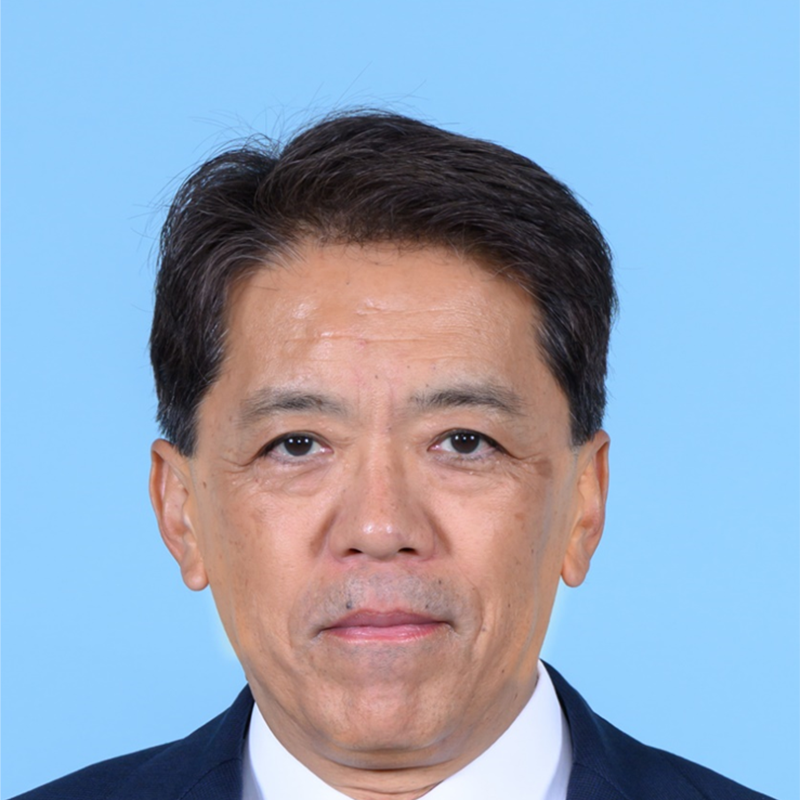 Mr. MIYAZAKI MasahiroState Minister of DefenseMinistry of Defense
Mr. MIYAZAKI MasahiroState Minister of DefenseMinistry of DefenseProfile
September 2019 – Parliamentary Vice-Minister of Justice (Fourth Abe Cabinet, Second Reshuffle)
September 2023 – Vice-Minister of Health, Labour and Welfare (Second Kishida Cabinet, Second Reshuffle)
October 2024 – Vice-Minister of Health, Labour and Welfare (Ishiba Cabinet)
October 2025 – Currently serving in this position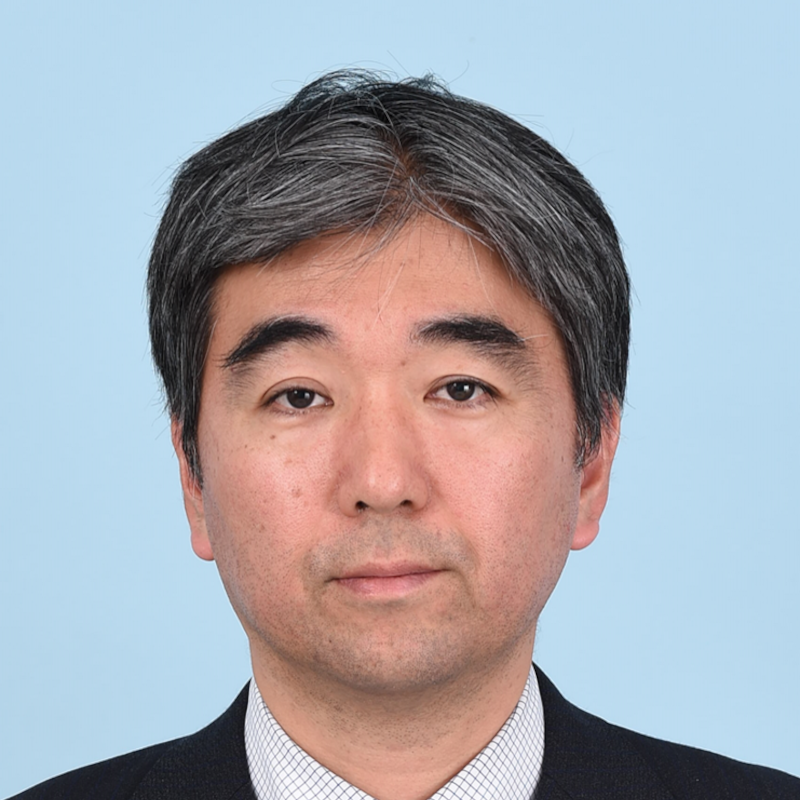 Mr. NAKANO NoriyukiDefense Councilor for Cyber Security and Information Technology ManagementMinistry of Defense
Mr. NAKANO NoriyukiDefense Councilor for Cyber Security and Information Technology ManagementMinistry of DefenseProfile
Education:
Bachelor of Laws, The University of Tokyo
Master of Laws (LL.M.), New York University School of LawCareer:
August 2017 – Director for Defense Policy Planning, Defense Policy Division, Defense Policy Bureau
(Concurrent: Director, Strategic Planning Office, Strategic Planning Division, Defense Policy Bureau)
July 2019 – Director, Administration Division, Analysis Department, Cabinet Satellite Intelligence Center
July 2021 – Director, Research Division, Defense Policy Bureau
July 2023 – Director, Defense Planning Division, Bureau of Defense Buildup Planning
August 2025 – Currently serving in this position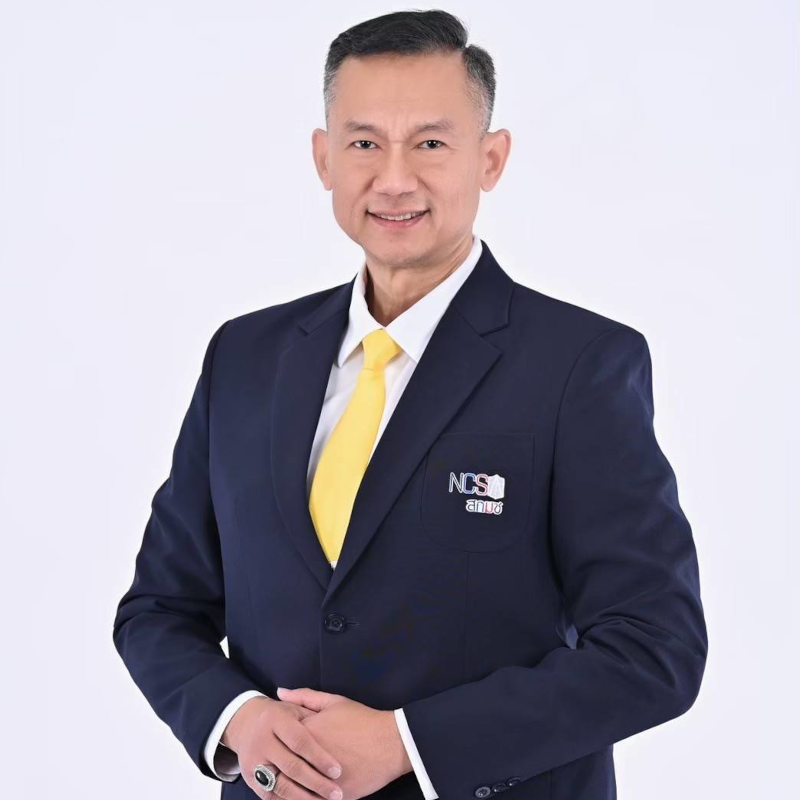 AVM. Amorn ChomchoeySecretary GeneralNational Cyber Security Agency (NCSA)
AVM. Amorn ChomchoeySecretary GeneralNational Cyber Security Agency (NCSA)Profile
He has educational background on Computer Science from the United States Air Force Academy, and Information Technology from Kasetsart University, Thailand.
He also achieved certifications such as CISSP, CEH, CHFI, IRCA, MCSA, MCSE, and MCT, among others. These achievements reflect his interest in cybersecurity area such as AI, Cloud, Human Firewall, Capacity building, Public-Private Partnerships, Anti Online Scam Measures, and Risk Management Framework.
For working experience, he was the Chief of Electronic Warfare and Information Warfare Division, Member of Cyber Security Coordination Center, Director of Cyber Warfare Division and Director of Cyber Operations Division of the Royal Thai Air Force, Deputy Secretary-General of the National Cyber Security Agency (NCSA) and the Director of the National Computer Emergency Response Team (NationalCERT)
In October 2022, he was appointed as the Secretary-General of the NCSA. He is also a National Security Council Advisor for Science, Technology, and Digital.
He was honored with various awards such as Royal Thai Air Force Outstanding Award 2006 and 2019, Royal Thai Air Force Academy Outstanding Alumni Award, Air Force Cadet Community Award 2023, Air Command and Staff College Alumni Award 2023, and Air War College Award 2023. Recently, he received the CSO30 ASEAN 2023: the top 30 cybersecurity leaders in Southeast Asia and Hong Kong, demonstrating leadership, and influencing rapid change across the region.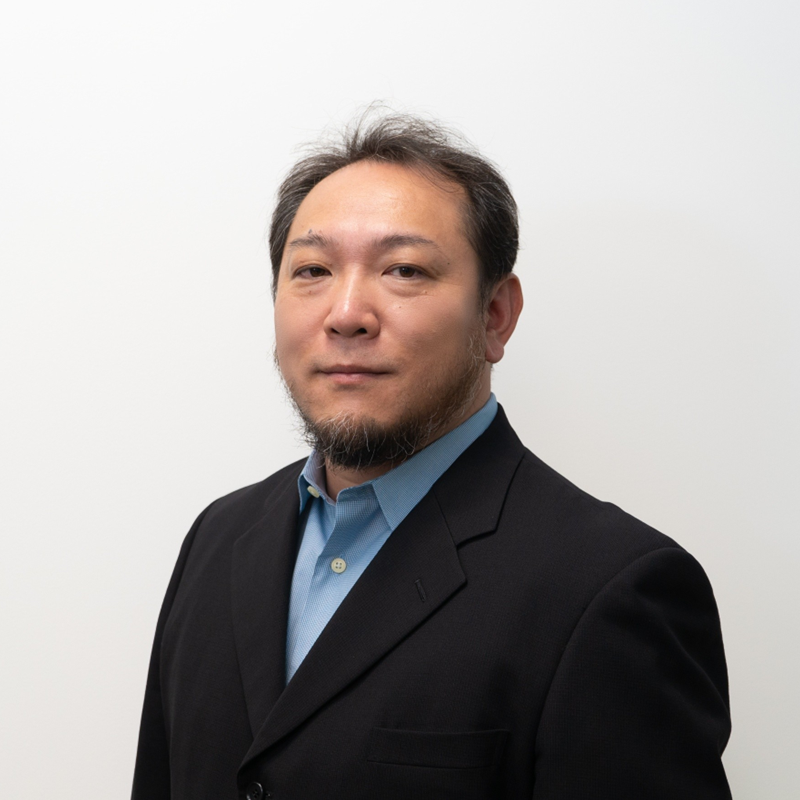 Mr. IMANO ShunichiThreat ResponseThreat Intelligence Researcher (concurrent)
Mr. IMANO ShunichiThreat ResponseThreat Intelligence Researcher (concurrent)
FortiGuard Labs Spokesperson for JapanProfile
With nearly 20 years of experience managing the resolution of malware incidents and cyberattacks for global customers, Shunichi Imano currently serves as the Threat Intelligence Manager at Fortinet. Prior to this, he held key leadership roles at Symantec, including Security Response Manager, where he managed response operations teams dedicated to protecting customers from emerging threats. He also served as Threat Intelligence Officer, where he acted as a strategic early warning system, flagging emerging incidents and attacks that required immediate attention from internal teams to accelerate protection delivery.
Since joining Fortinet in 2021, he has specialized in tracking advanced attack campaigns and providing fact-based analysis on critical vulnerabilities and malware. He spearheaded the “Ransomware Roundup” blog series and the “Threat Signal” reports. The latter delivers curated, concise, and actionable insights into emerging cyber threats, combining technical details and expert analysis in an intuitive FAQ-style format. Leveraging his deep technical expertise, he also serves as an Evangelist, actively driving security awareness and industry education.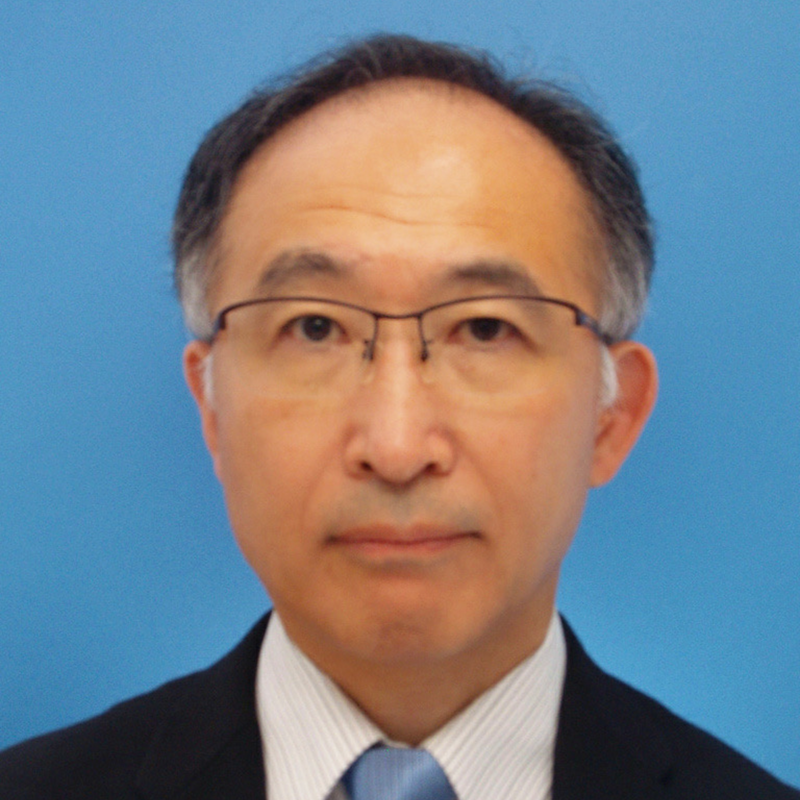 Dr. TOMITA AkihisaSupervising Researcher(National Institute of Information and Communications Technology
Dr. TOMITA AkihisaSupervising Researcher(National Institute of Information and Communications TechnologyProfile
Akihisa Tomita received his B.S. and M.S. degrees in physics and his Ph.D. in electronics from the University of Tokyo in 1982, 1984, and 1998, respectively. From 1984 to 2000, he engaged in research on photonics, and from 1998 to 2010, he conducted research on quantum information technology, both at NEC Corporation. From 2000 to 2010, he led the group for quantum information experiments in Quantum Computation and Information Project, ERATO and SORST, JST. From 2010 to 2025, he was a professor at the Faculty of Information Science and Technology at Hokkaido University. He is currently serving as a supervising researcher at the Quantum ICT Collaboration Center and Advanced ICT Research Institute, National Institute of Information and Communications Technology. His research covers fundamental and applied studies on photonics for quantum information processing and quantum communication. Dr. Tomita co-founded of Quantum Forum in 2019 and served as a representative director to 2025, promoting industry-government-academia collaboration in quantum technology.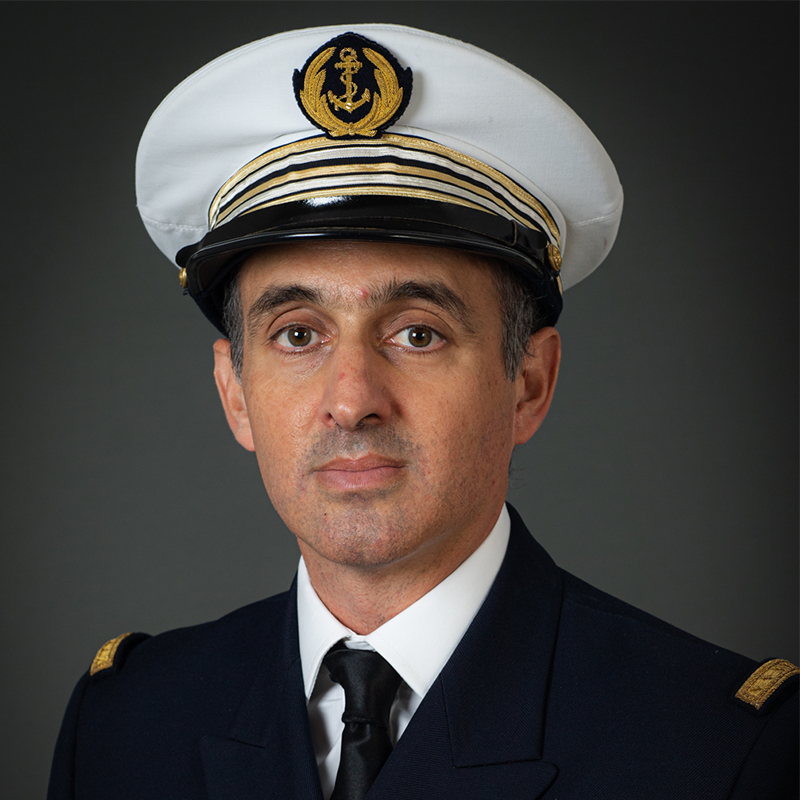 CDR. Karim LahmaidiMilitary AttacheFrench Embassy in Japan
CDR. Karim LahmaidiMilitary AttacheFrench Embassy in JapanProfile
Academic
2007–2008 Master’s Degree in Public Management, University Paris Dauphine – National school of adminis-
tration (ENA), Paris
1998–2000 Engineering Degree, Ecole Navale (French Naval academy)
1996–1998 Higher Schools Preparatory Classes (CPGE), Lycée Hoche, Versailles, MPSI-MP* (mathematics)Military
2024-2025 National Institute of Defence Studies – 防衛研究所, Tokyo, National Security and Strategic StudiesProgramme
2021 NATO Defence College, Rome, Modular Short Course, Strategic thinking, NATO and global security
challenges
2013-2014 Ecole de Guerre (French War College), Paris
Various Initial and advanced officer training, French Navy, Naval operations, antisubmarine warfare, sub-
mariner training, strategic missiles specialist, nuclear weapons and reactorsPositions
2025–current French Embassy, Tokyo, Defence Attaché
2022–2024 Joint Operations Centre (CPCO), Joint Staff, Paris, J5 Indopacific: French national and defence
strategies and plans developments, deployments in the Indopacific, maritime operations in the Indian
Ocean
2020–2022 Finance office, French Naval Staff, Paris, Section Head
In-year budget management (3b Euros)
2018–2020 Joint Inspector, French Armed Forces, Paris, Staff Officer
2015–2018 Naval Staff of the Royal Navy, London, Strategy Team of the First Sea Lord, Exchange officer
2015 Operation Inherent Resolve (OIR)/Chammal (Counter DAESH coalition operation in Syria and
Iraq), J5 (strategy and plans) of the French Detachment at USCENTCOM, Tampa (FL), USA
2014–2015 French MOD, Finance Directorate, Prospective and costs analysis office, equipments office
Head of Equipment Support section
2011–2013 French Naval staff, Organic Coherence Office
Staff officer
2008–2010 French MOD, Finance directorate, Prospective and costs analysis office, equipments
Budget and finance staff officer
Various Sea duty, Surface ships and submarines
Head of departments on frigates and nuclear submarines. Warfare officer watch functions on the bridge and the
operations roomOperations
Various Mediterranean, Indian ocean, Gulf, Atlantic, Joint staff (Paris), US CENTCOM (Tampa – FL)
Counter illegal immigration and counter narcotics, submarine operations, disaster relief (2004 South-Asia
tsunami) counter piracy (Operation Atalanta), NATO intervention in Libya (2011), Aircraft carrier operations
in Afghanistan in support of ISAF, Operation INHERENT RESOLVE.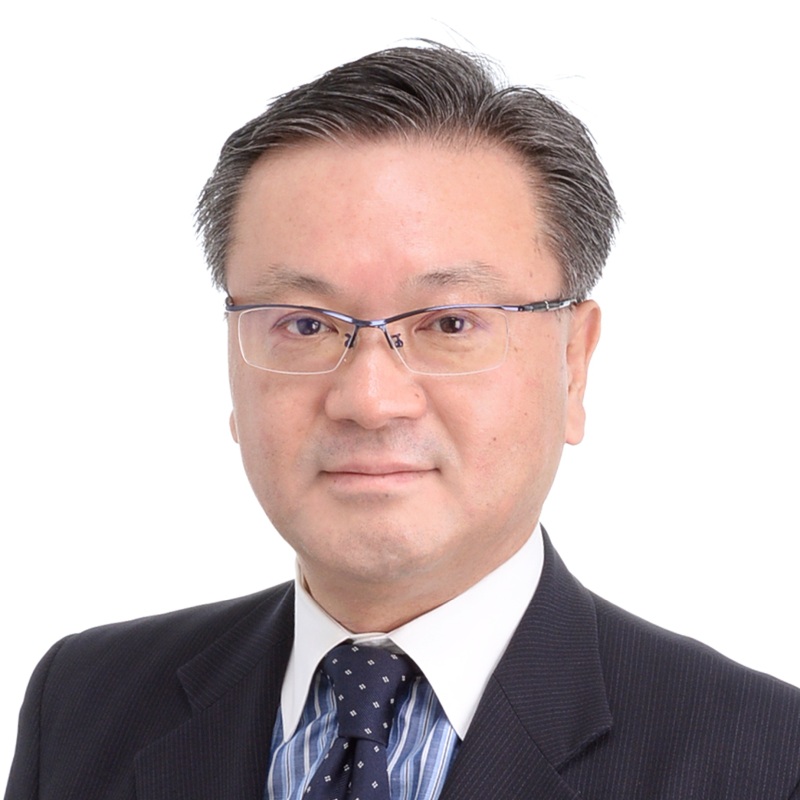 Mr. HASHIMOTO GoPartnerOhebashi LPC & Partners
Mr. HASHIMOTO GoPartnerOhebashi LPC & PartnersProfile
Mr. Hashimoto is a seasoned attorney specializing in international transactions, dispute resolution and national security matters. Recently, his practice Is increasingly focusing on export control, investment regulations, cybersecurity and space as one of the very few private sector practitioners in Japan with expertise in public international law and in the law of armed conflict. Mr. Hashimoto is also a Reserve Lieutenant Colonel, JGSDF. Mr. Hashimoto is admitted in the State of New York and is a registered foreign lawyer in Japan.
He holds a B.A. (law) from Tokyo University, an LL.M. from the University of Pennsylvania Carey Law School, a J.D. from Columbia Law School and an M.I.A. from the Columbia University School of International and Public Affairs. In addition , he is currently a Ph.D. candidate in public international law at Osaka University. Mr. Tim ManleyPrincipal Threat Intelligence Analyst Google Threat Intelligence GroupGoogle Cloud Japan
Mr. Tim ManleyPrincipal Threat Intelligence Analyst Google Threat Intelligence GroupGoogle Cloud JapanProfile
Tim Manley is a Principal Threat Intelligence Analyst at Google Threat Intelligence Group (30+ years experience). He previously led Microsoft’s DART APAC team. Prior, he served 20 years in US DoD and as CISO for Fortune 500 firms in Japan. He holds CISSP, C|CISO, and Top 50 Global CISO awards.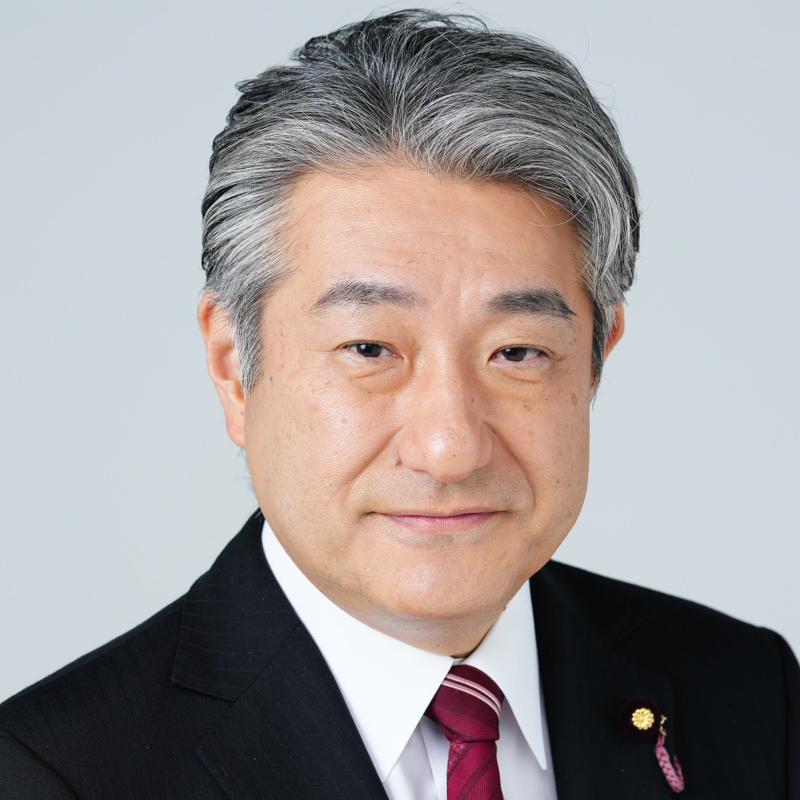 Mr. ISHIDA MasahiroMember of the House of Councillors
Mr. ISHIDA MasahiroMember of the House of CouncillorsProfile
Masahiro Ishida was born in 1967, in Yamatokoriyama City, Nara Prefecture. Due to his father’s job transfers, he grew up in several regions of Japan, including Mie, Ishikawa, Tokyo, Nagano, and Hyogo prefectures. He graduated from Koyo Gakuin Senior High School and completed his studies at the University of Tokyo, Faculty of Medicine, Department of Health Sciences, in 1990. He is a licensed public health nurse and registered nurse.
He began his professional career as a nurse at St. Luke’s International Hospital and Tokyo Musashino Hospital, gaining extensive experience in frontline medical practice. After serving as a secretary to a Member of the House of Representatives, he joined the Japan Nursing Association in 1995 and was appointed Director of the Policy Planning Office in 1998. In 2005, he became Secretary General of the Japan Nursing Federation, where he played a key role in policy advocacy related to healthcare and social security.
Mr. Ishida was first elected to the House of Councillors in July 2013 through the proportional representation system. He has since served in a number of senior positions, including Chair of the Committee on Health, Labour and Welfare; Chair of the Special Committee on Okinawa and Northern Problems; Deputy Secretary-General of the Liberal Democratic Party; and Director of the Committee on Rules and Administration of the House. He currently serves as Deputy Chair of the LDP Diet Affairs Committee in the House of Councillors and as a Director of the Committee on Health, Labour and Welfare.
Drawing on his extensive experience in healthcare practice and policymaking, he continues to work toward strengthening public welfare and advancing sustainable social systems. His publications include An Introduction to the Policy Process for Nursing Professionals (co-authored), among others.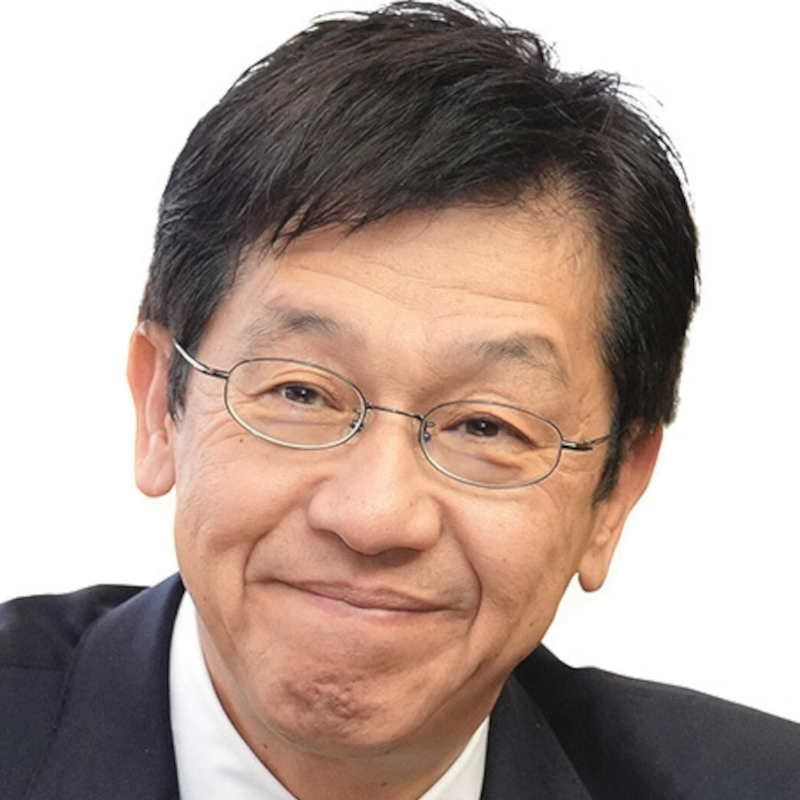 Mr. MATSUMOTO HisashiMinister for Digital Transformation
Mr. MATSUMOTO HisashiMinister for Digital TransformationProfile
Mar. 1981
Graduated from High School attached to the Department of Education, Kanazawa University
Mar. 1987
Graduated from the School of Medicine, Kanazawa University
May. 1987
Obtained Medical License (M.D.)
Jun. 1987
Medical Staff for 2nd Surgery at the Kanazawa University Hospital
Jun. 1994
Earned Doctor of Medicine (Ph.D.) from Kanazawa University
Apr. 2000
Joined Emergency and Critical Care Medicine, Nippon Medical School
Oct. 2008
Associate Professor, Nippon Medical School
Apr. 2014
Professor, Nippon Medical School
Sep. 2017
Earned Master of Business Administration (MBA) from Anglia Ruskin University, United Kingdom
Jul. 2021
Specially Appointed Professor, Nippon Medical School
Oct. 2021
Elected to the House of Representatives for the first time (49th General Election)
Sep. 2023
Parliamentary Vice-Minister of Defense (2nd Kishida Cabinet (2nd reshuffled))
Oct. 2024
Parliamentary Vice-Minister of Defense (1st Ishiba Cabinet)
Oct. 2024
Re-elected to the House of Representatives (50th General Election)
Nov. 2024
Parliamentary Vice-Minister for Foreign Affairs (2nd Ishiba Cabinet)
Oct. 2025
Minister for Digital Transformation, Minister in charge of Digital Administrative and Fiscal Reform, Minister in charge of Administrative Reform, Minister in charge of the National Civil Service System, Minister of State for Regulatory Reform, Minister in charge of Cybersecurity, Minister of State for Cybersecurity (Takaichi Cabinet)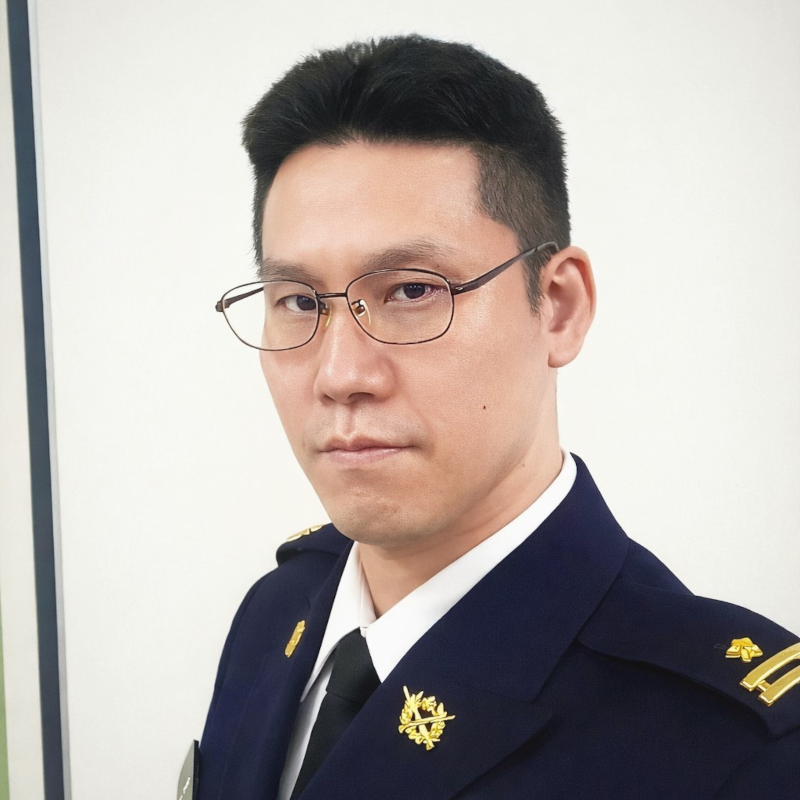 Maj. KANEKO JunichiRecruitment Planning Team LeaderJSDF (Japan Self Defense Force) TOKYO PCO(Provincial Coooperation Office)
Maj. KANEKO JunichiRecruitment Planning Team LeaderJSDF (Japan Self Defense Force) TOKYO PCO(Provincial Coooperation Office)Profile
I graduated from the Nihon University in 2006 and subsequently joined the Japan Ground.
After that I worked in an infantry regiment, brigade headquarters, and area army headquarters, where I was involved in ranger training, readiness, and personnel affairs, and I am currently involved in recruitment.
[For non Japanese Speakers]


